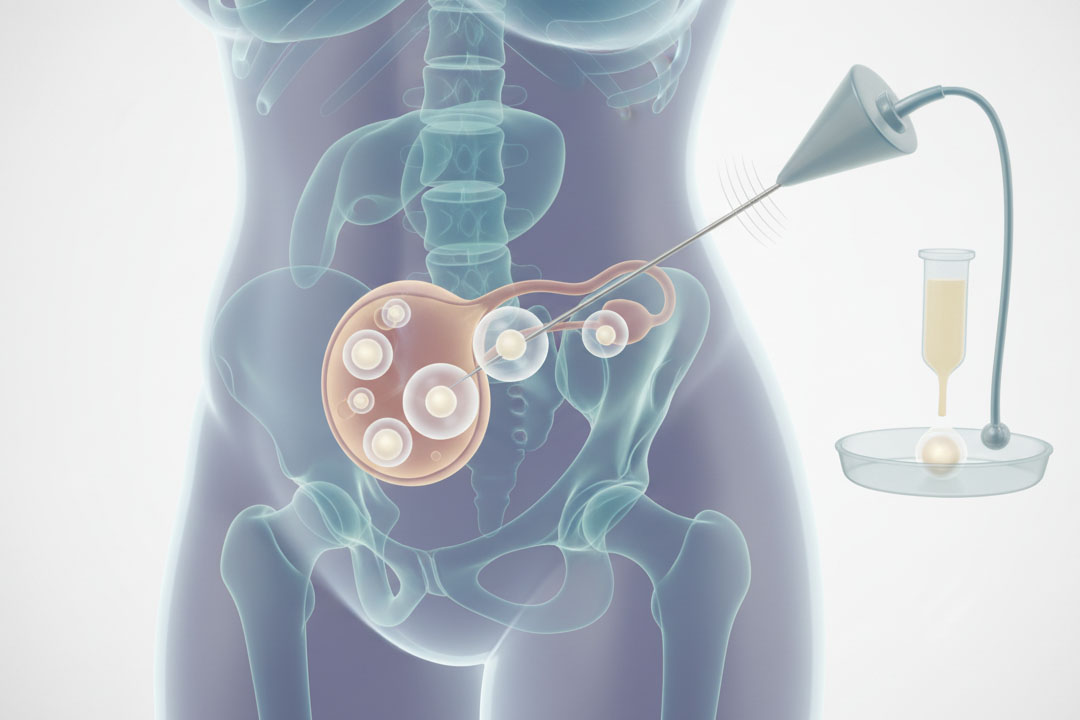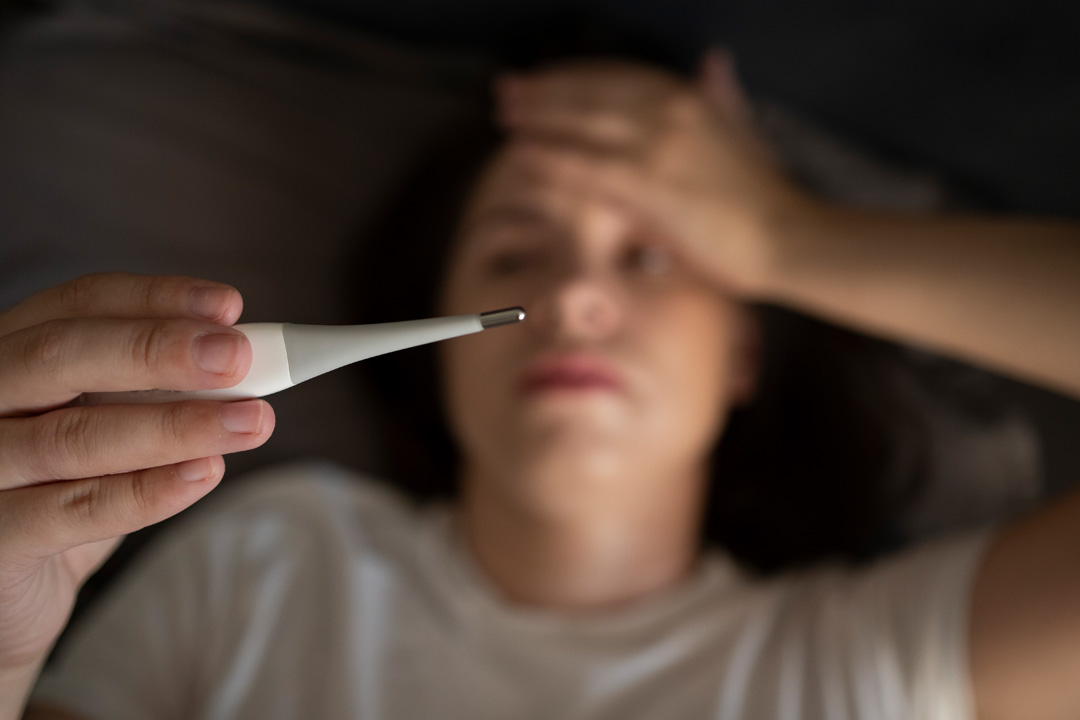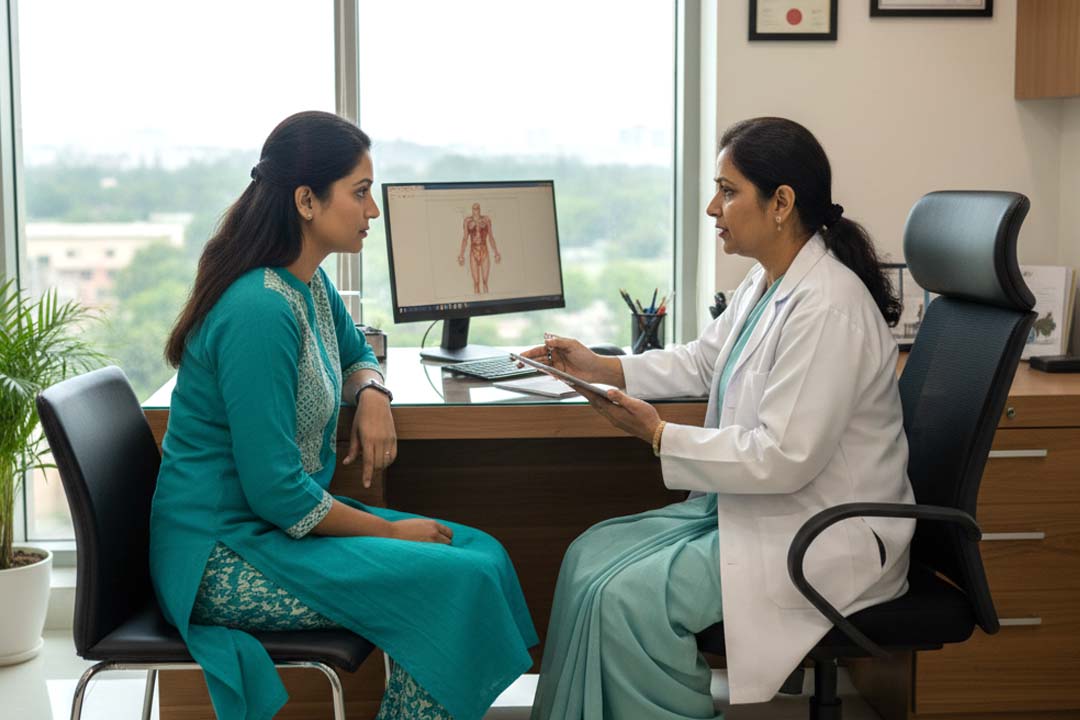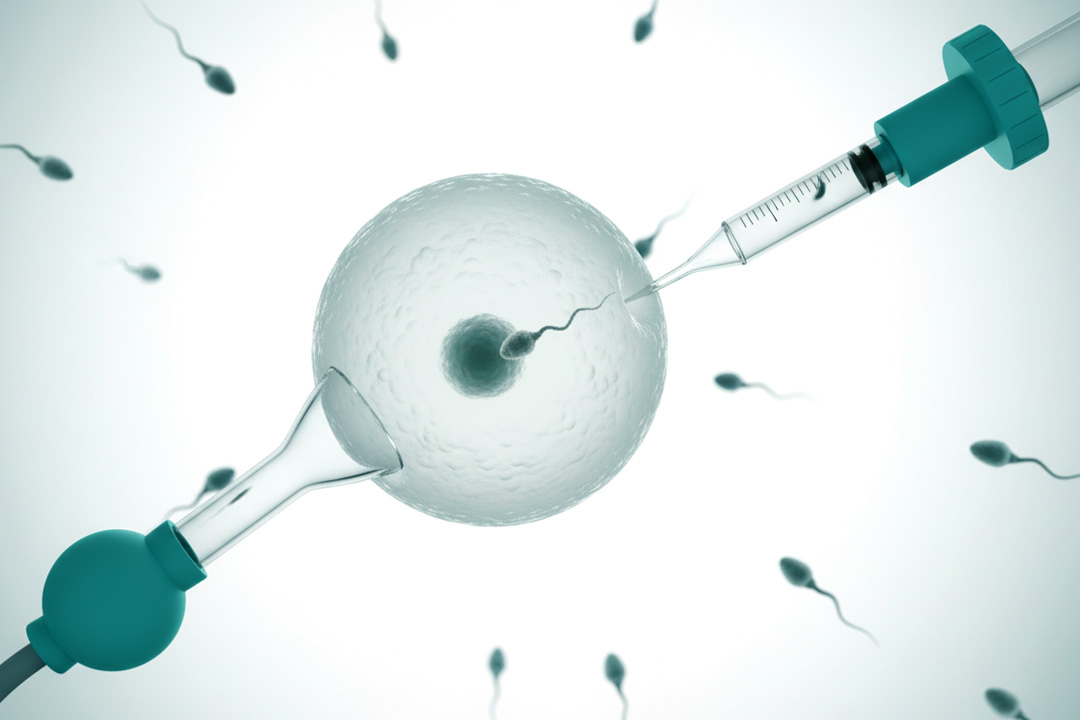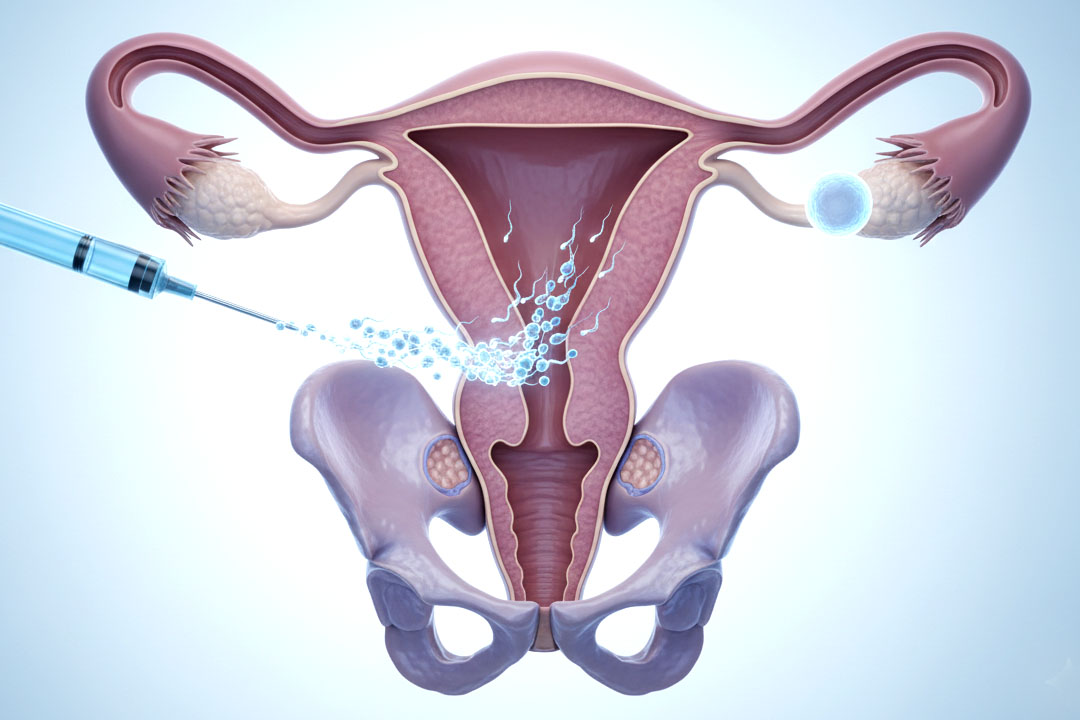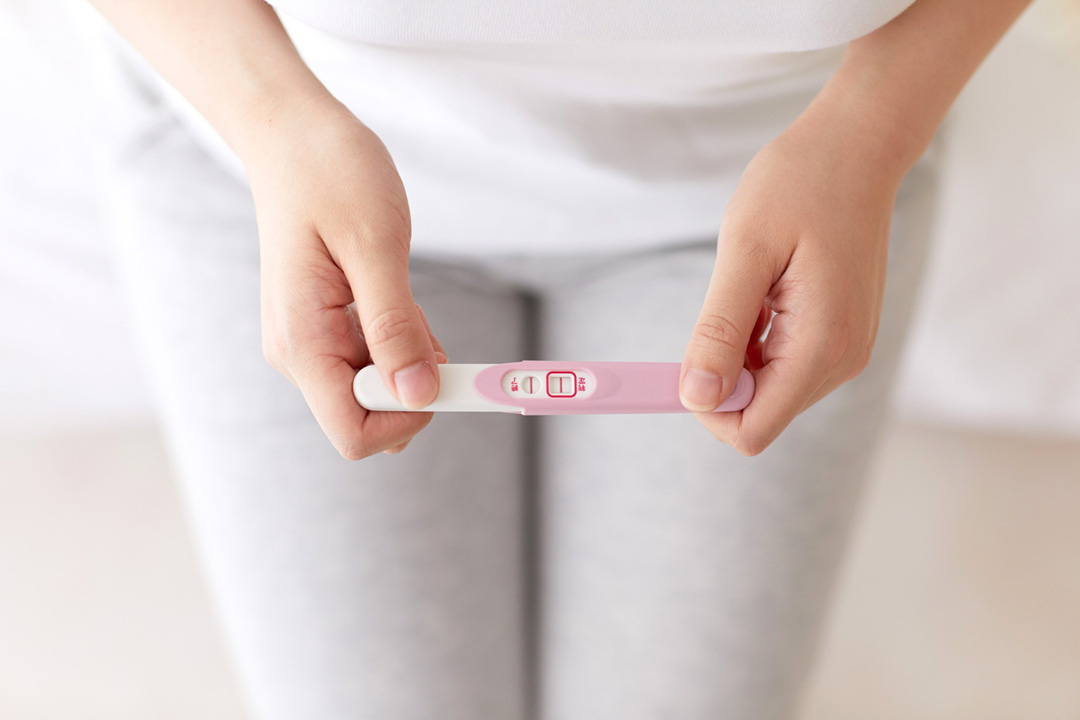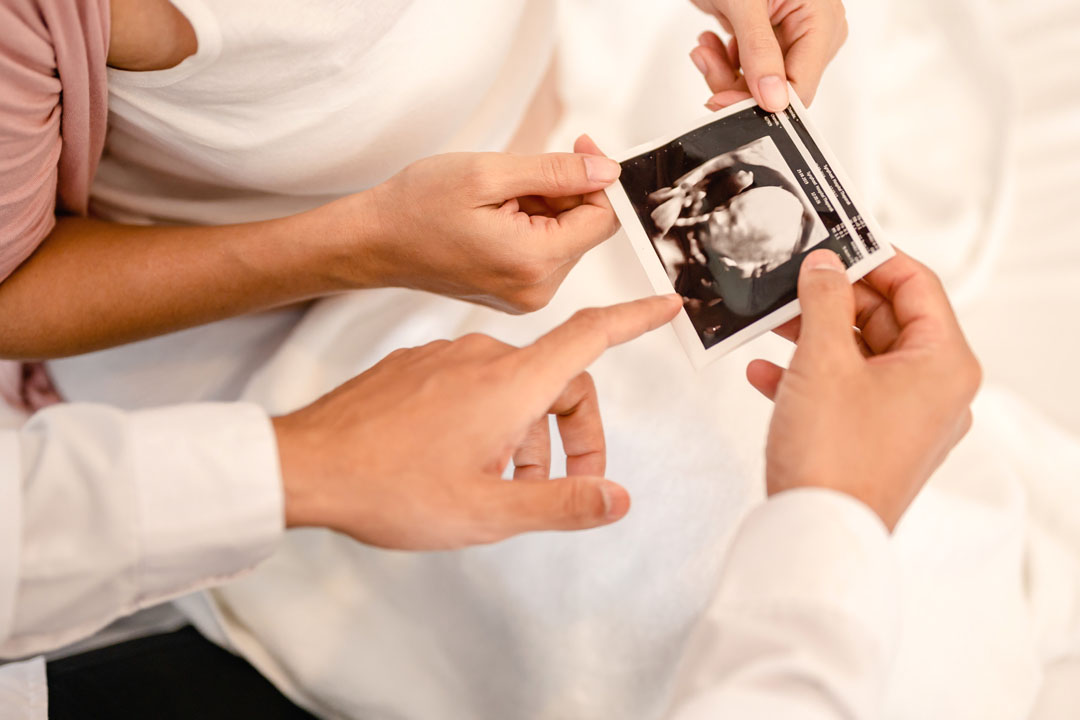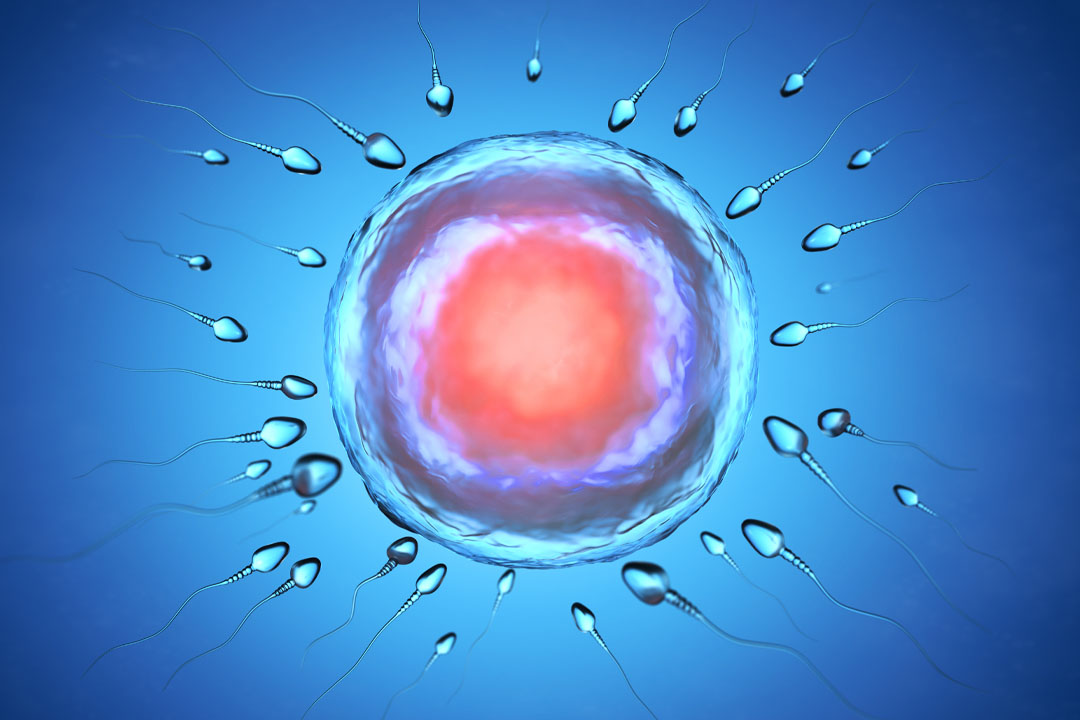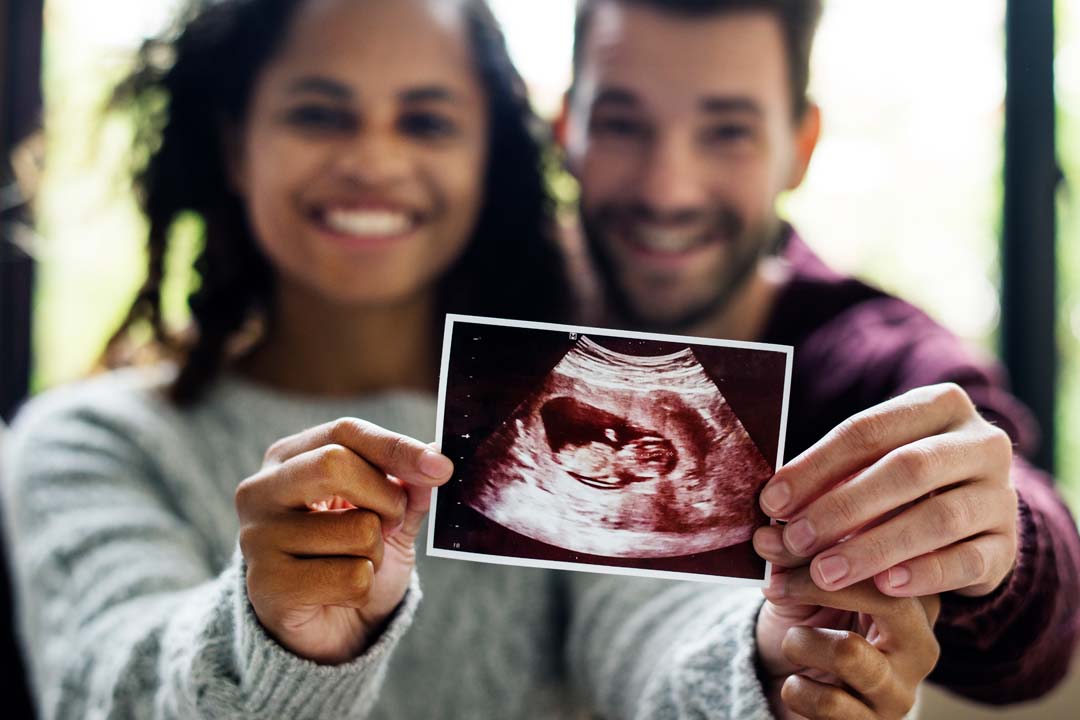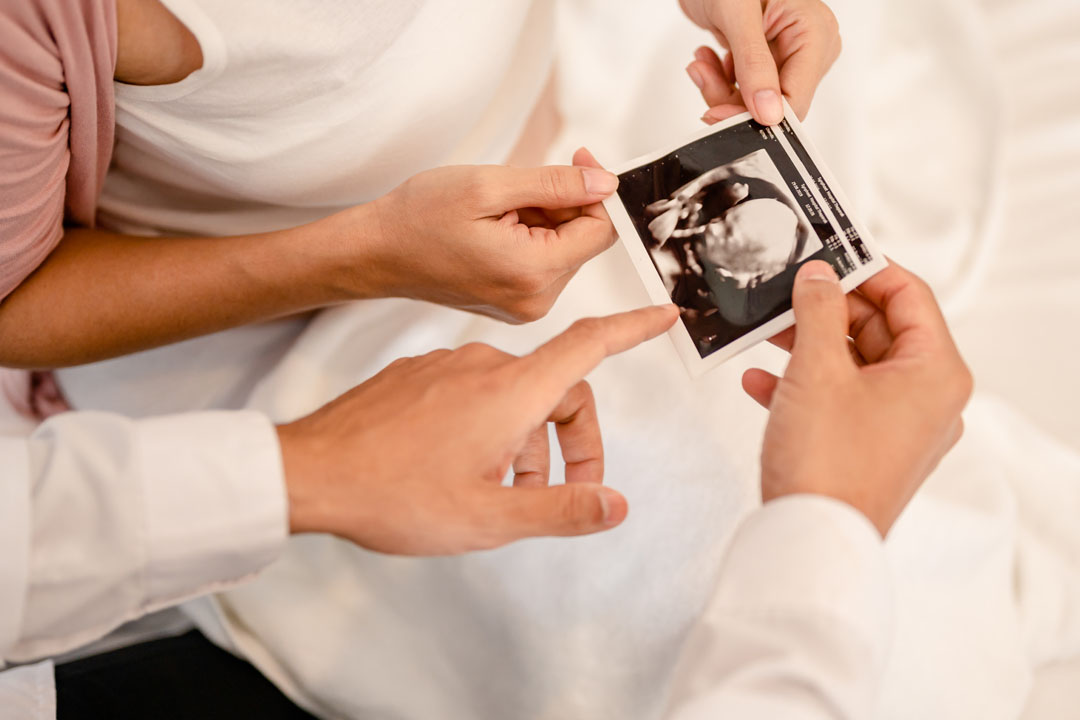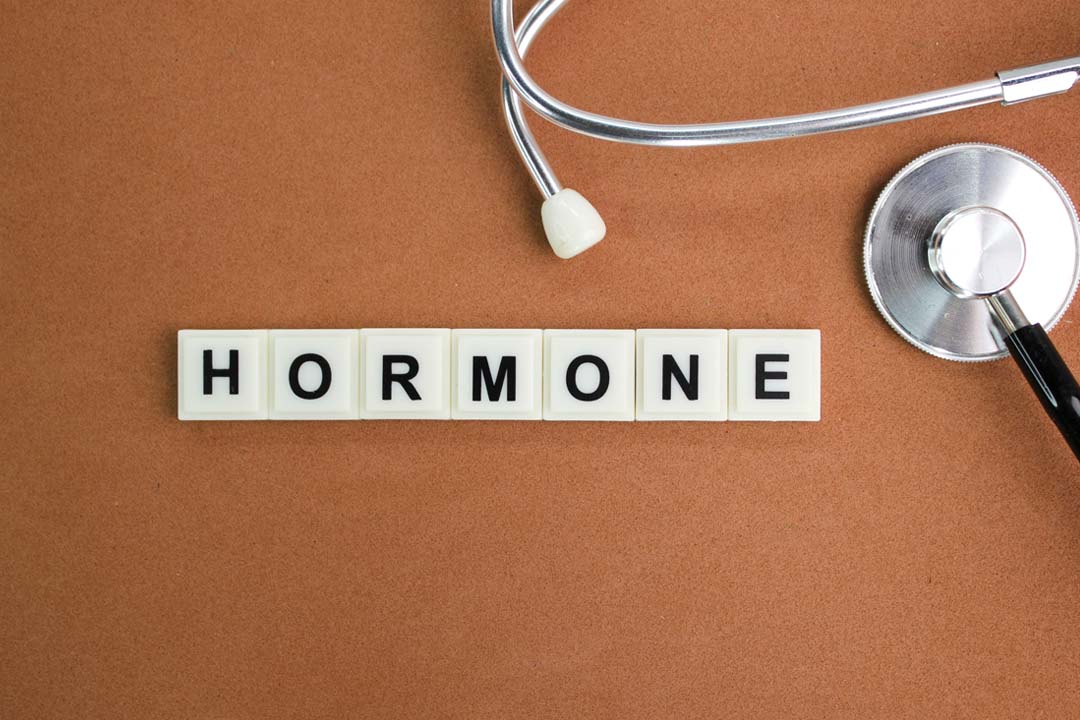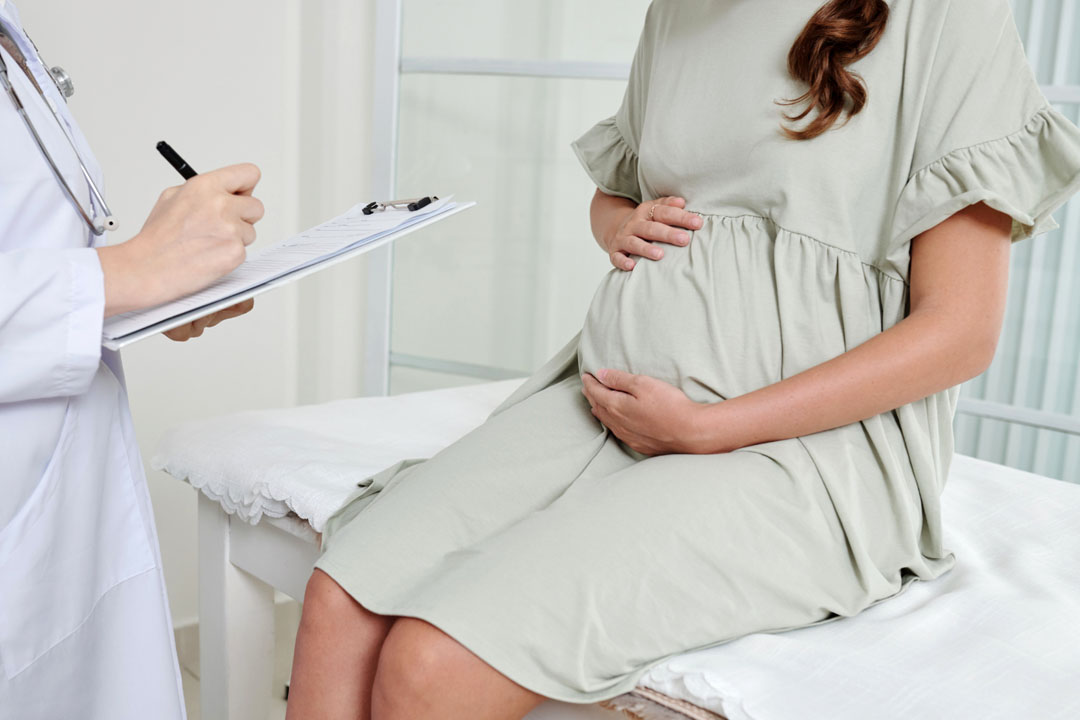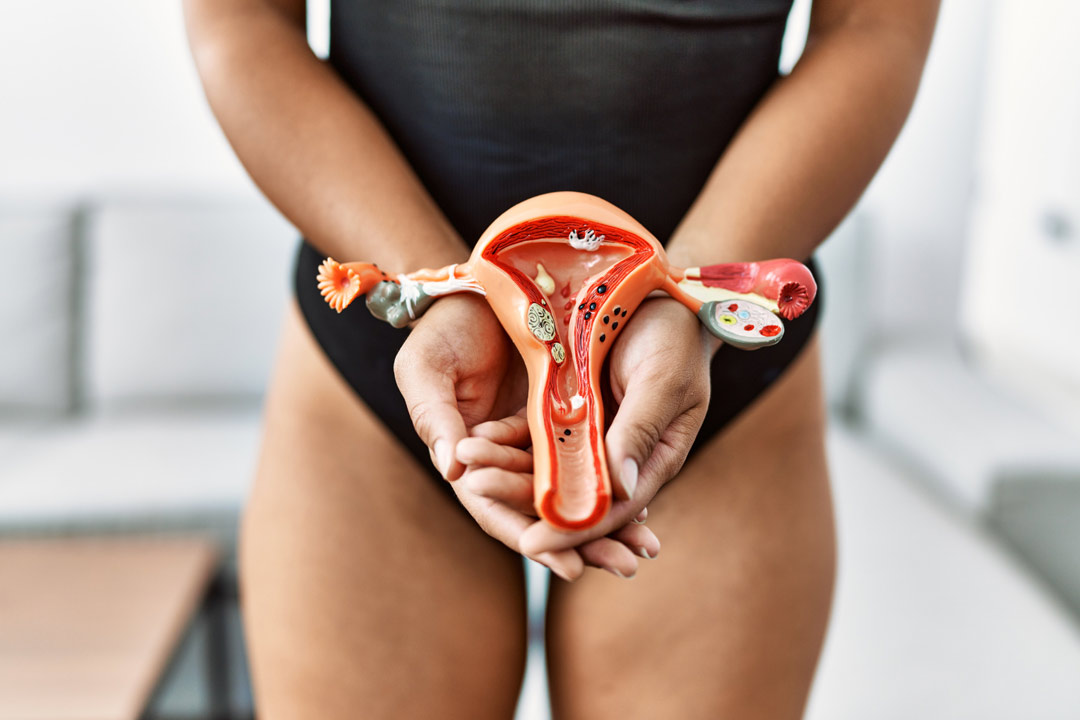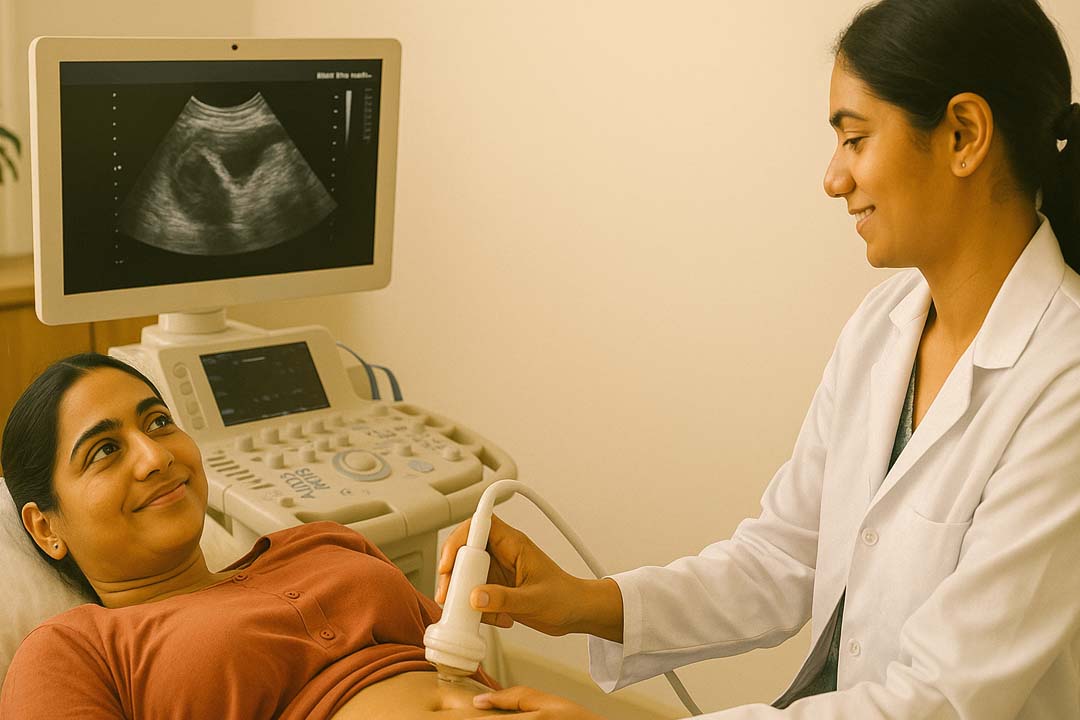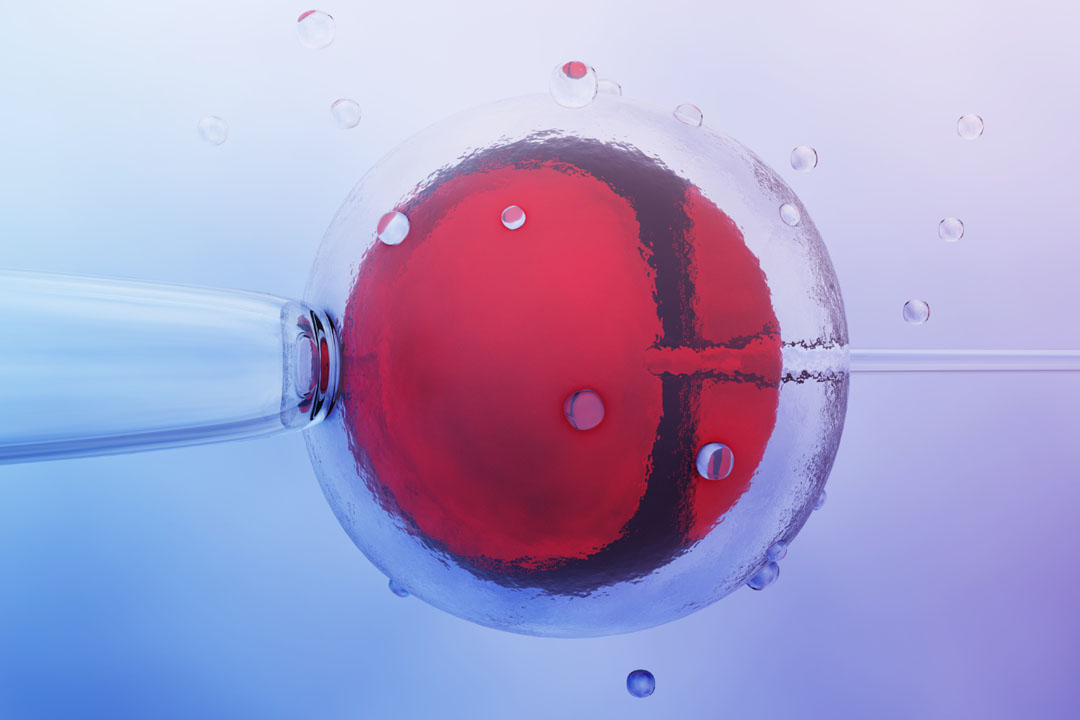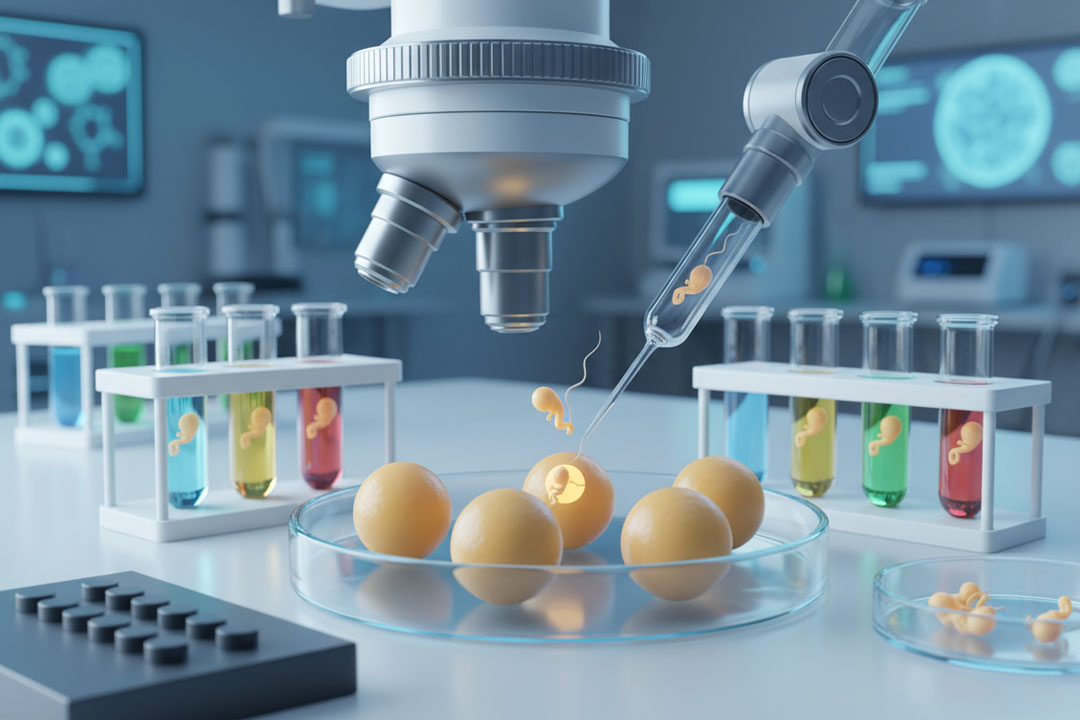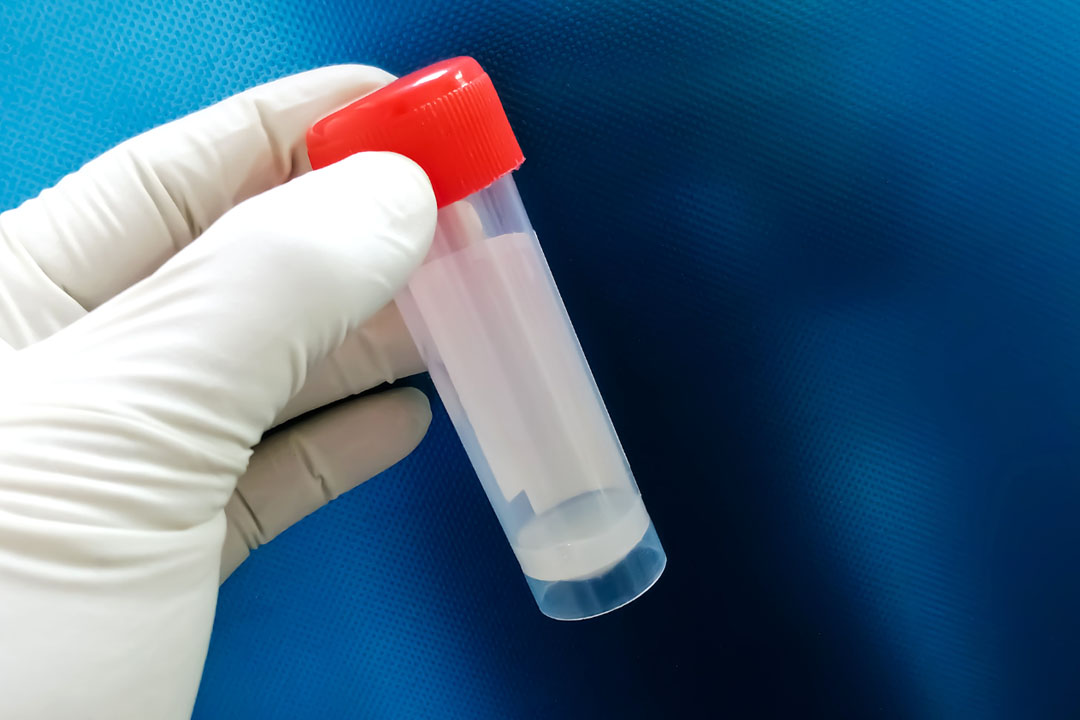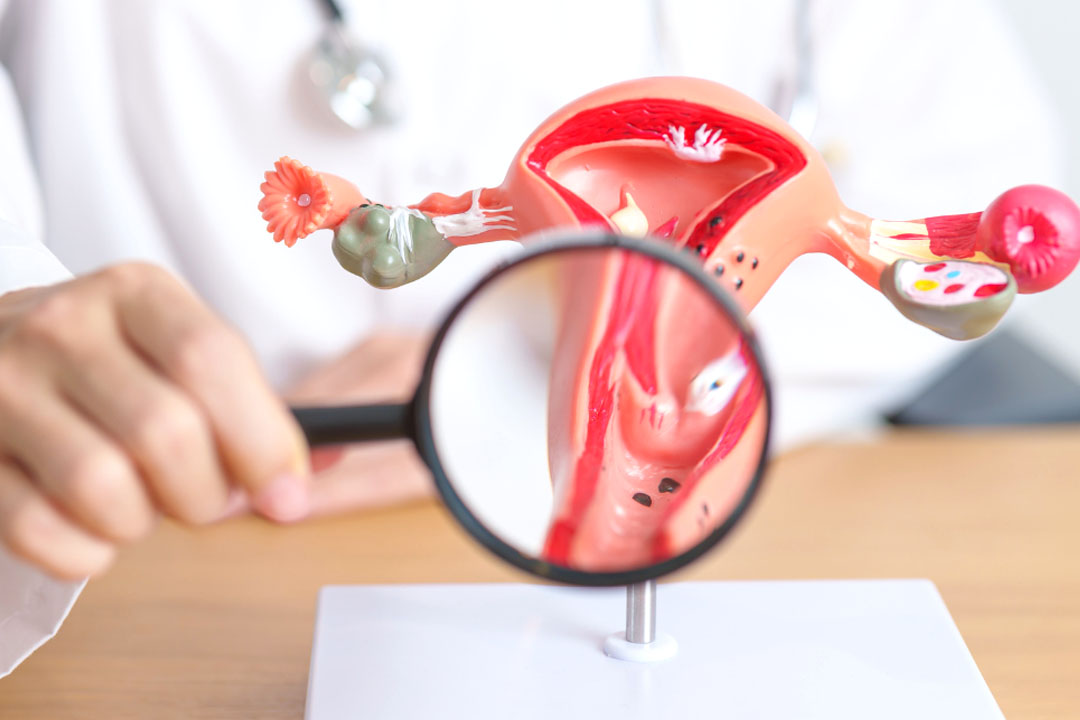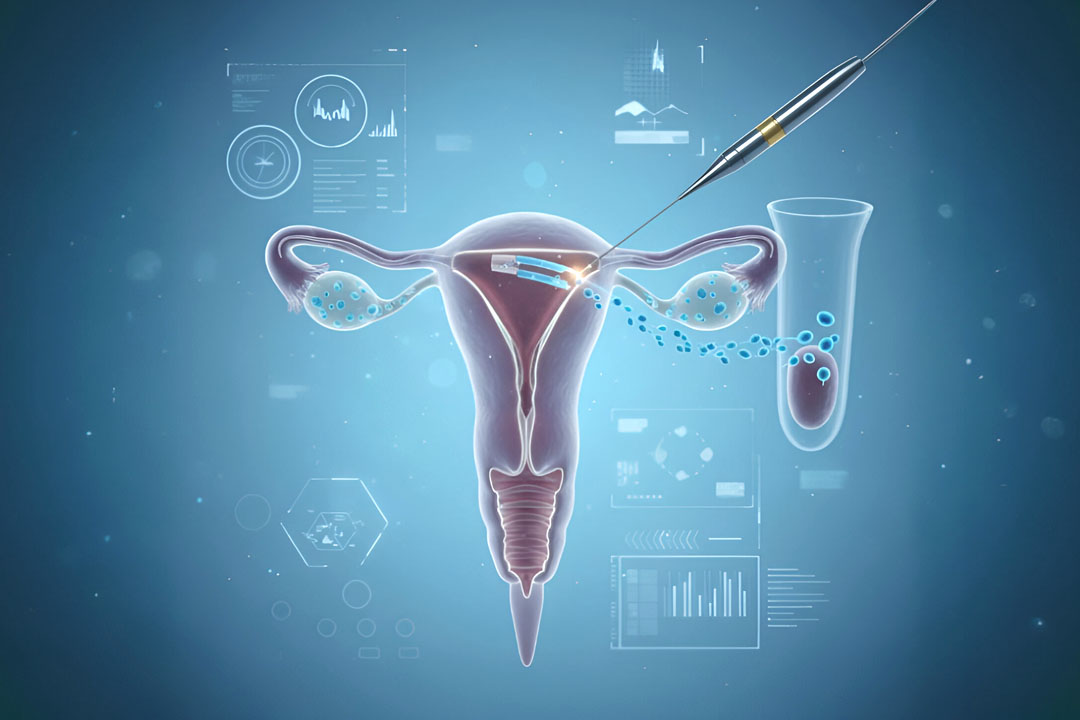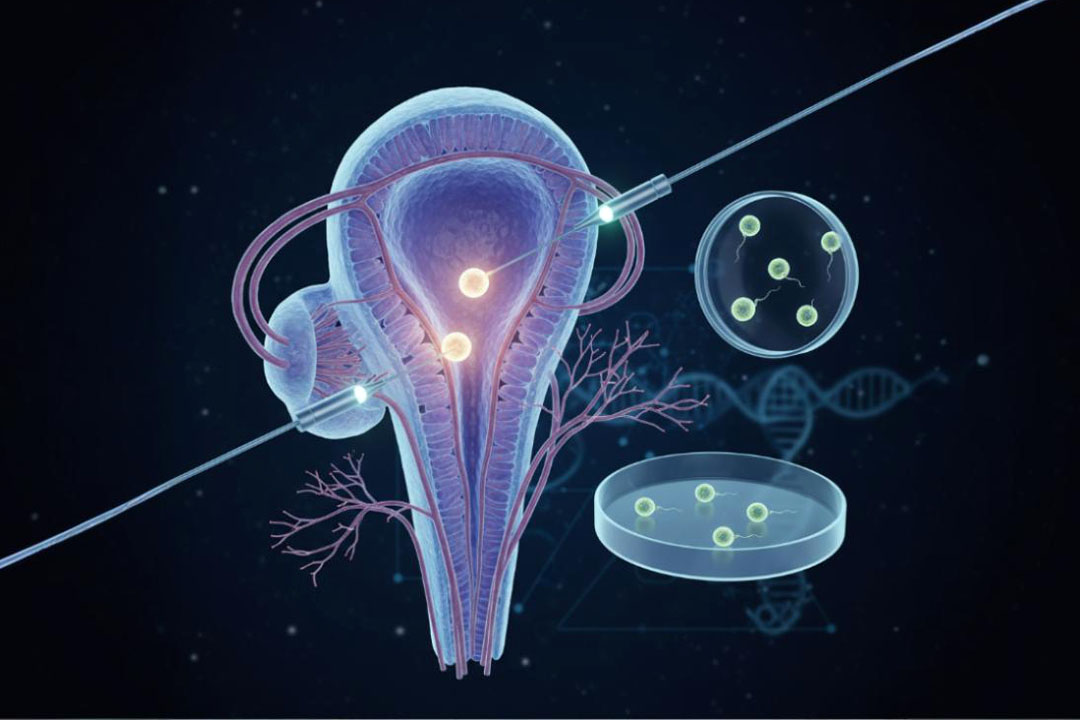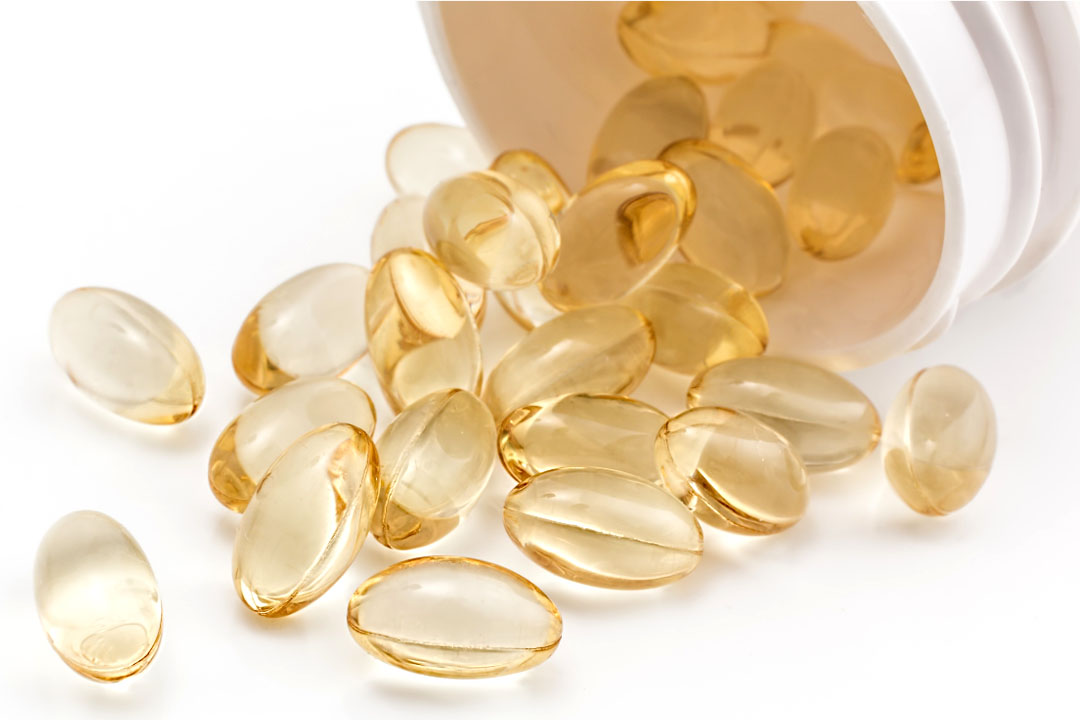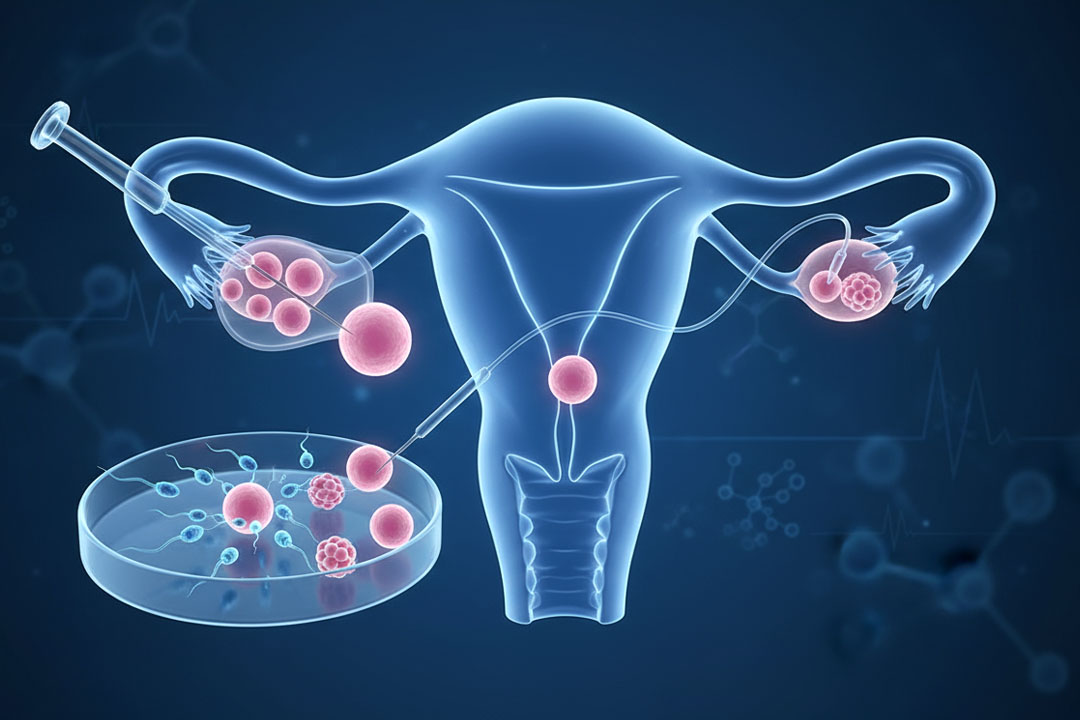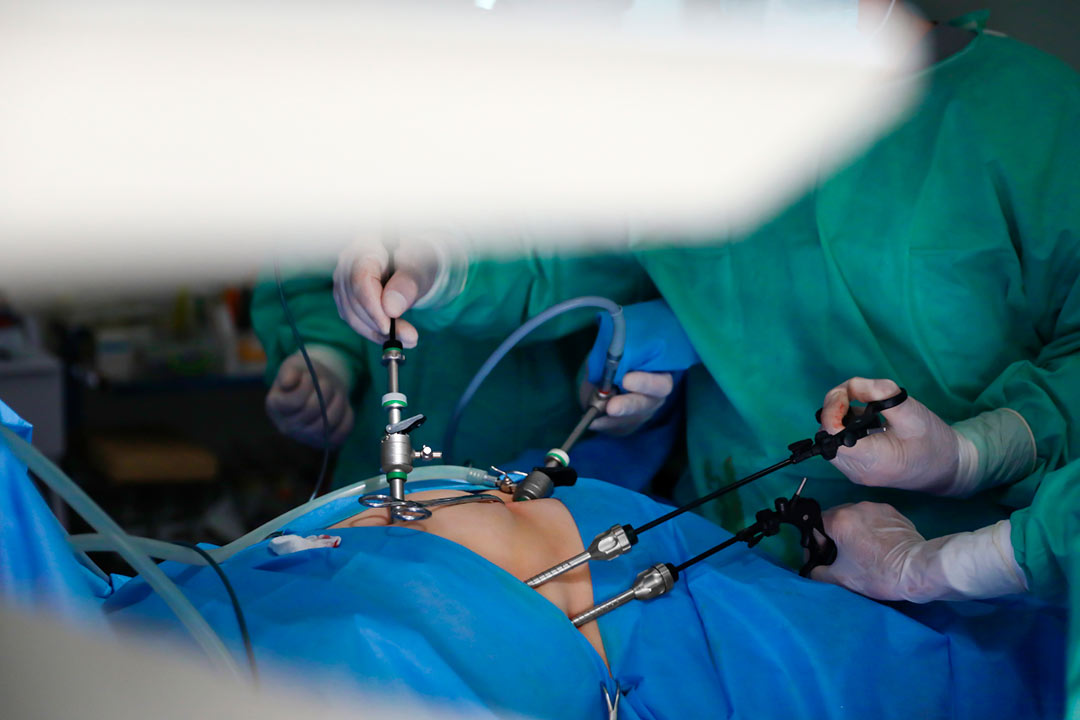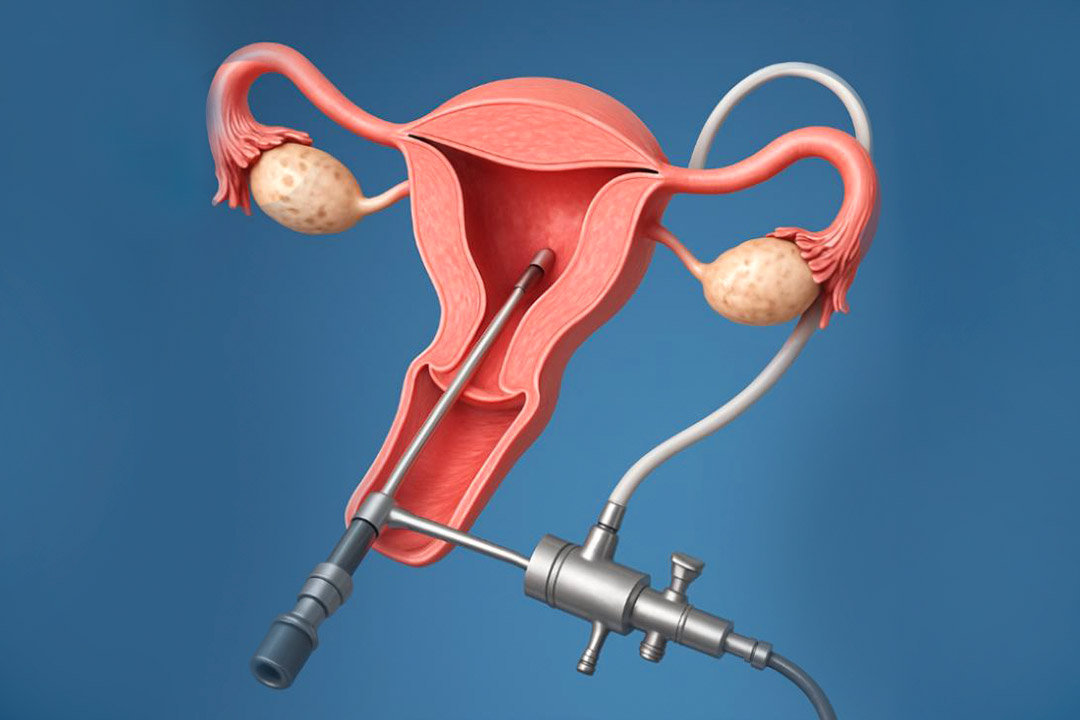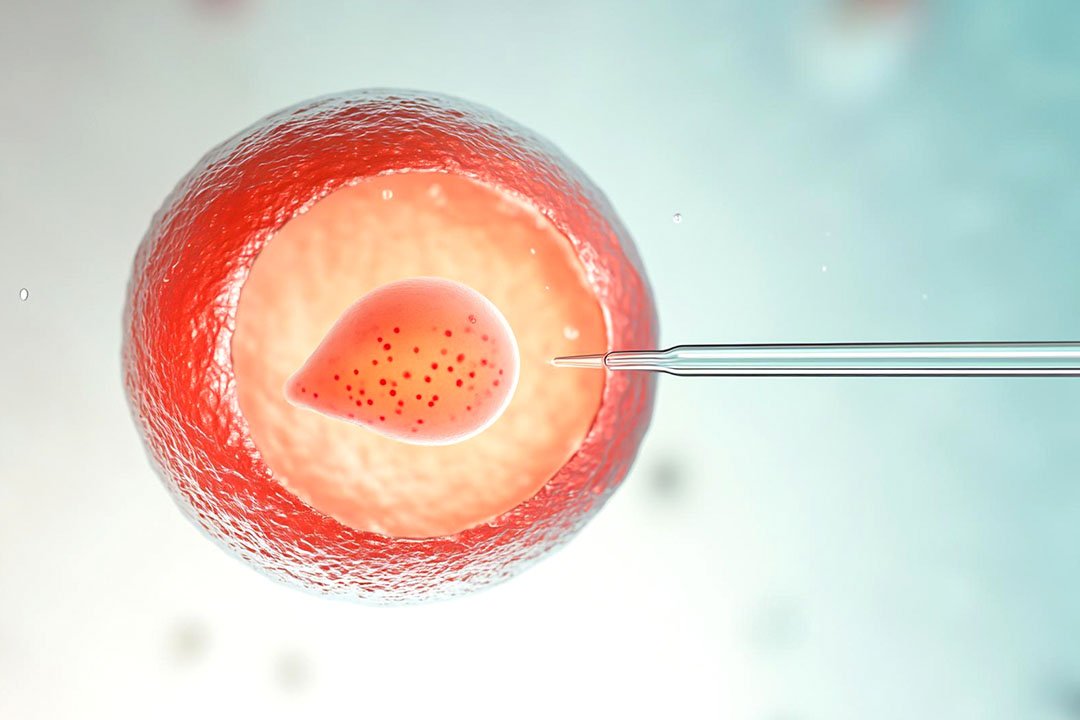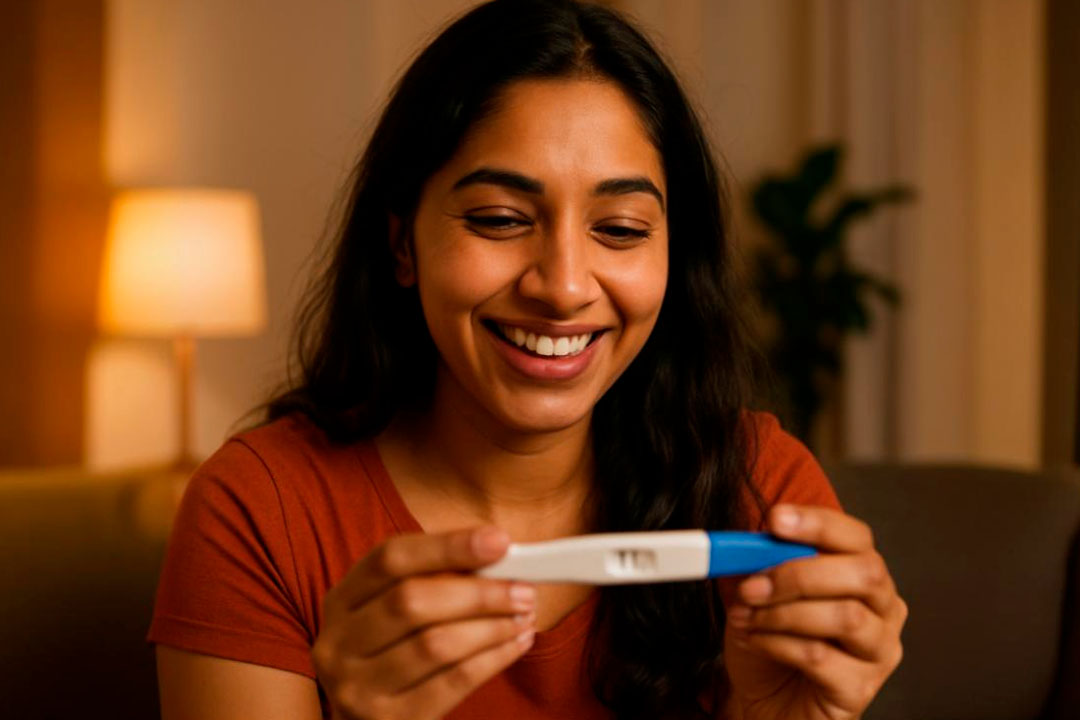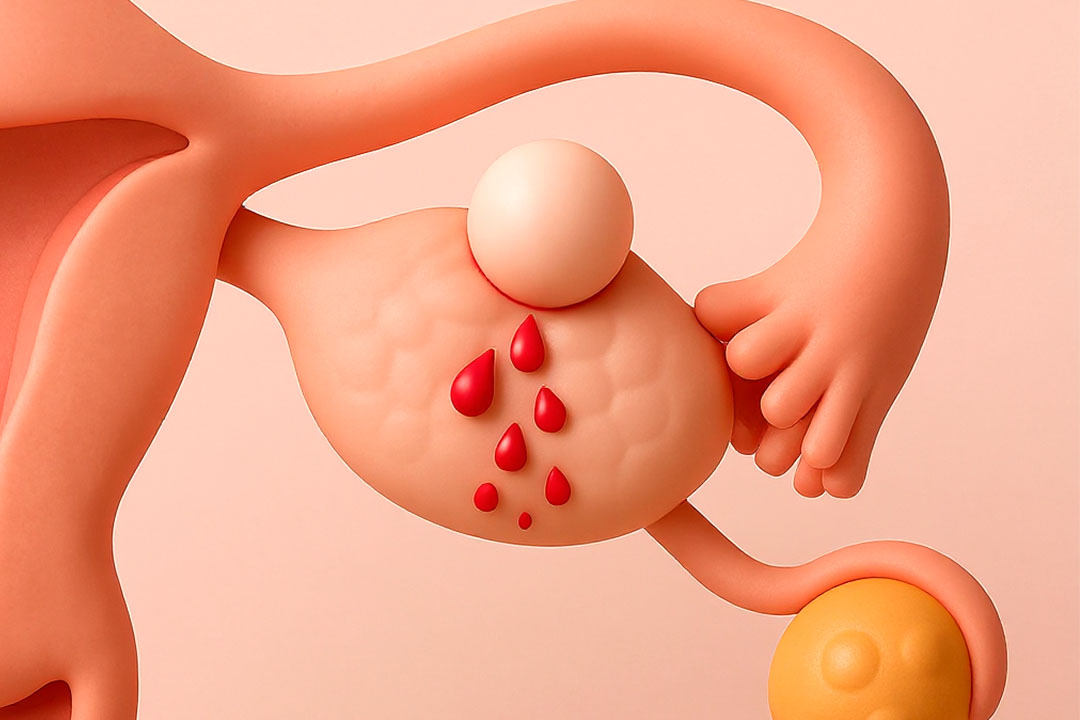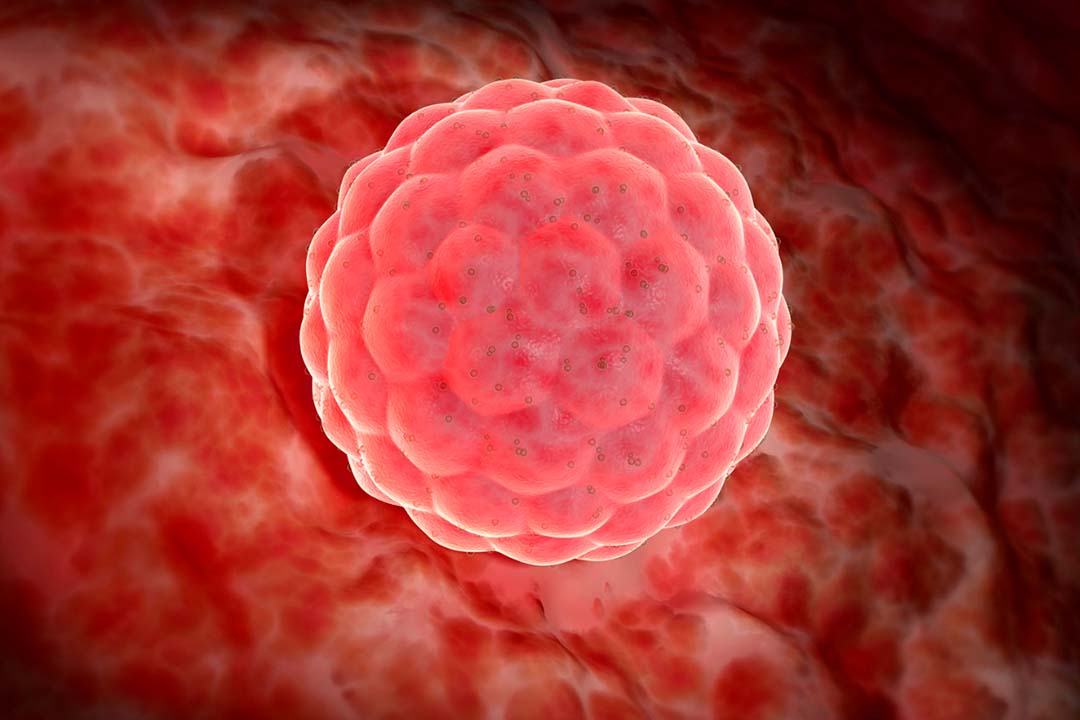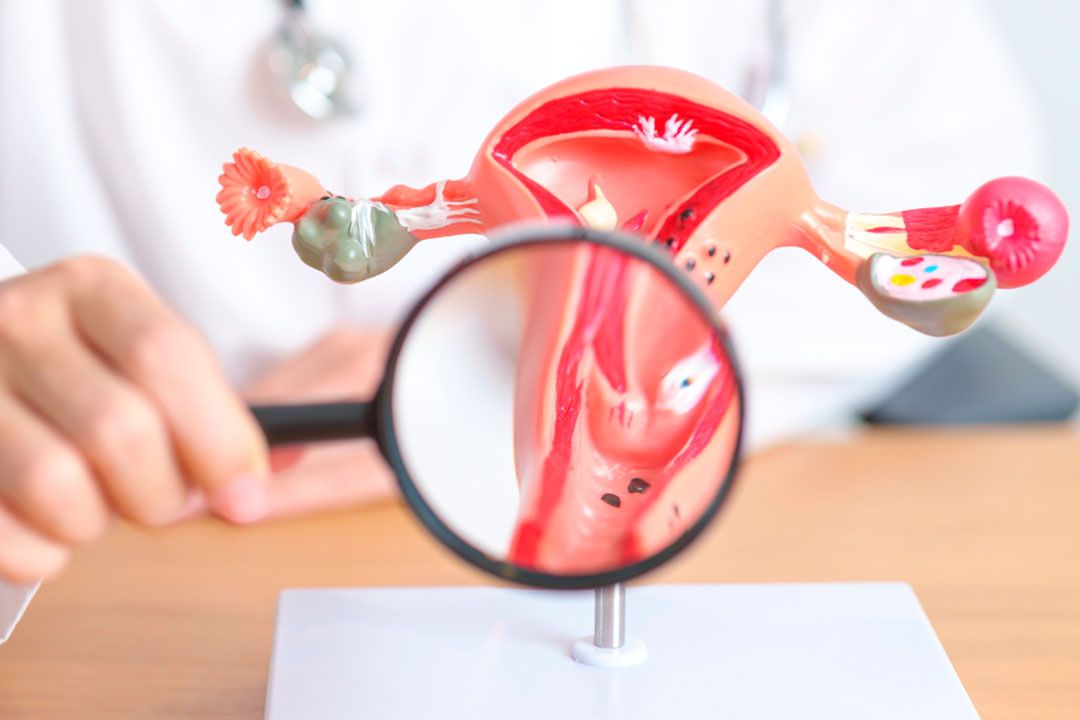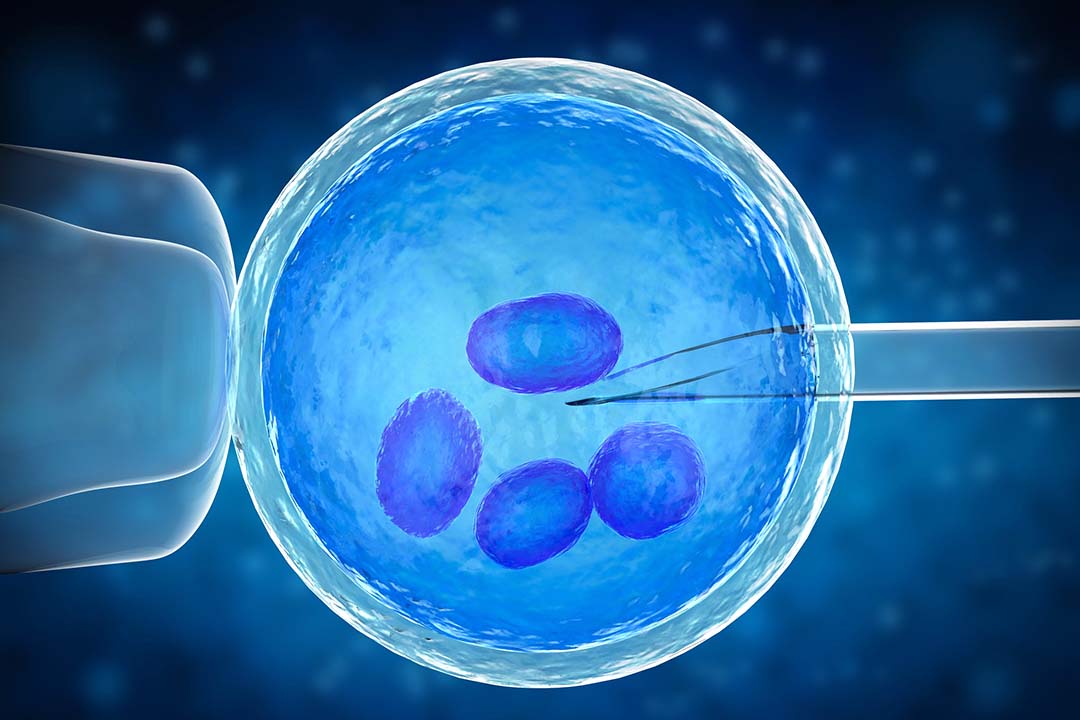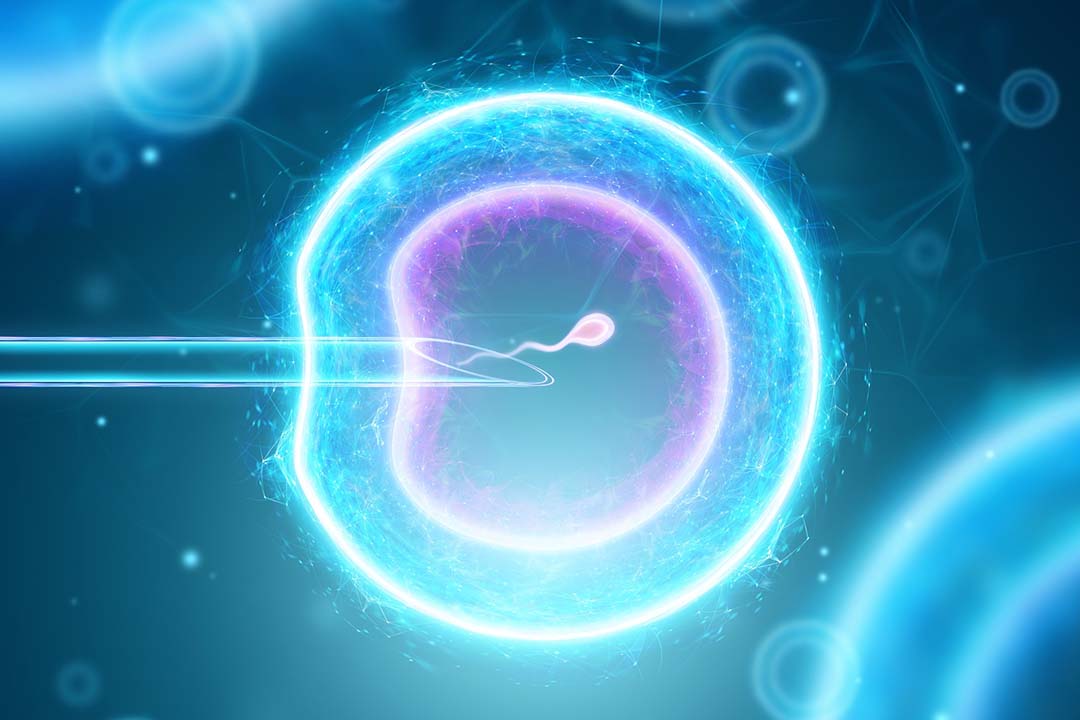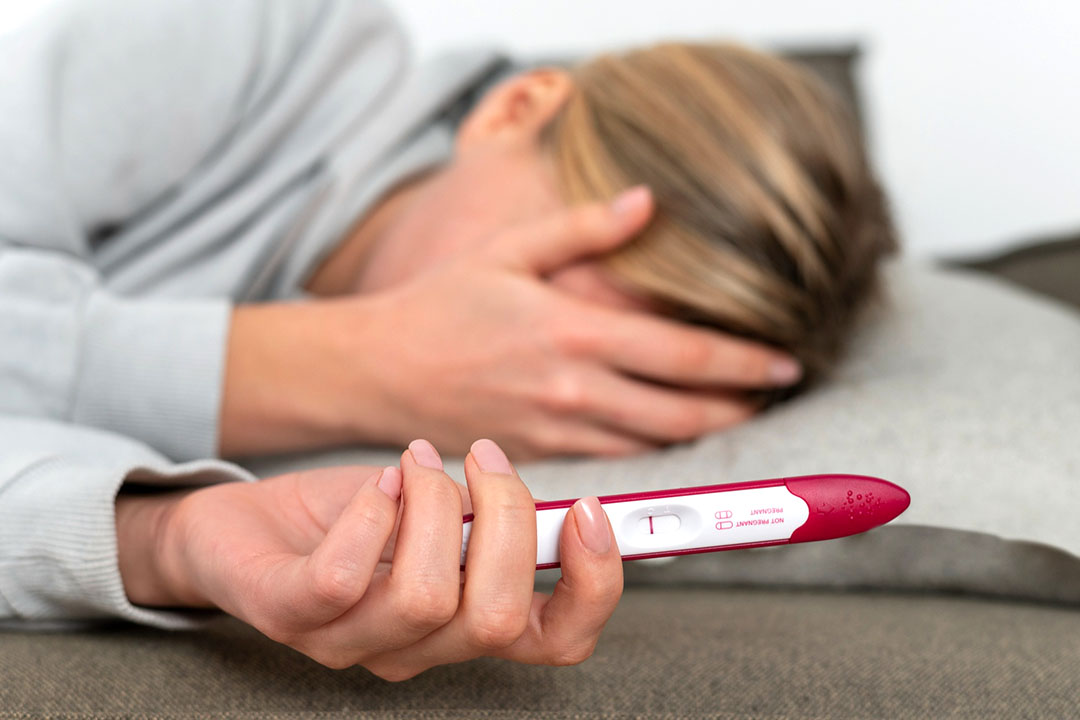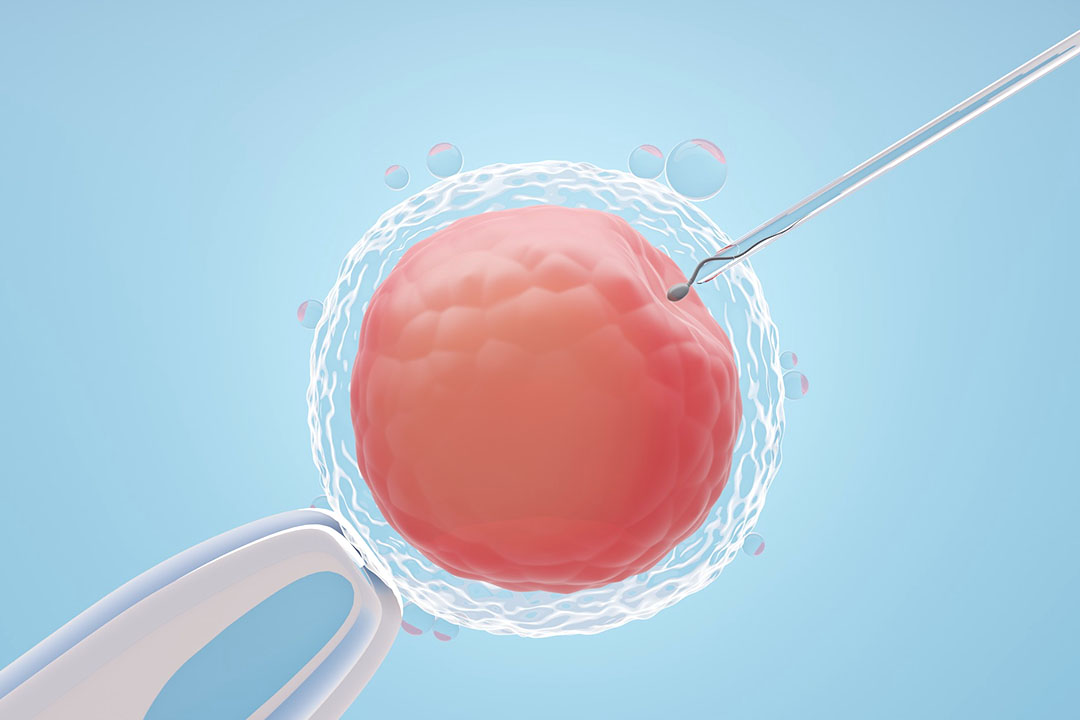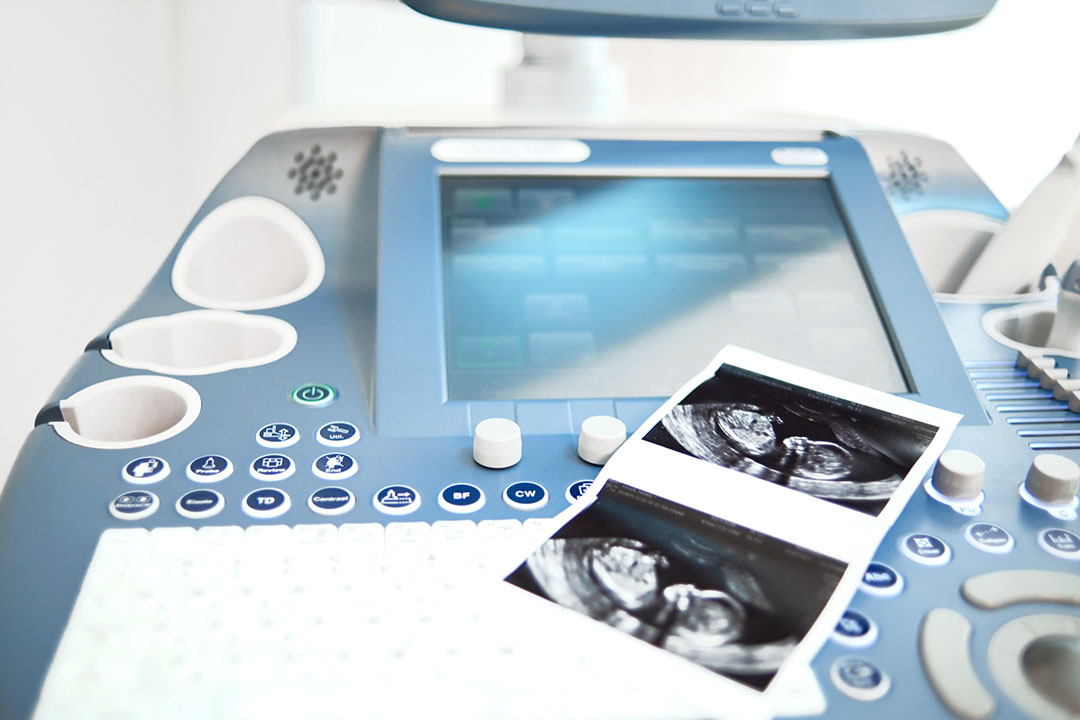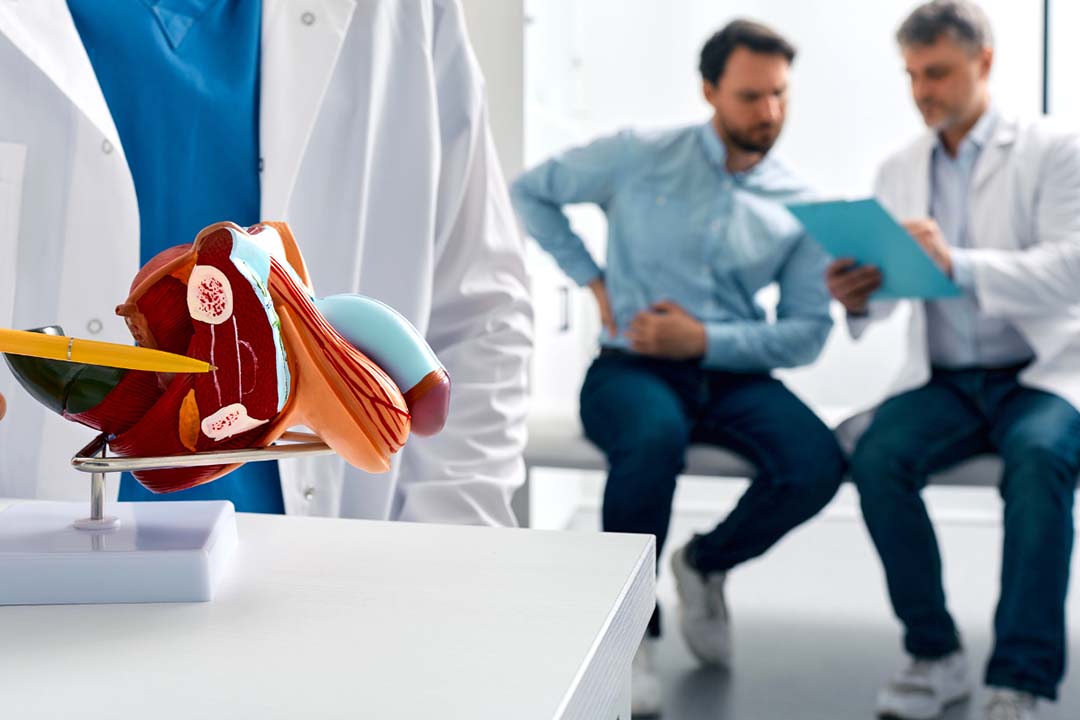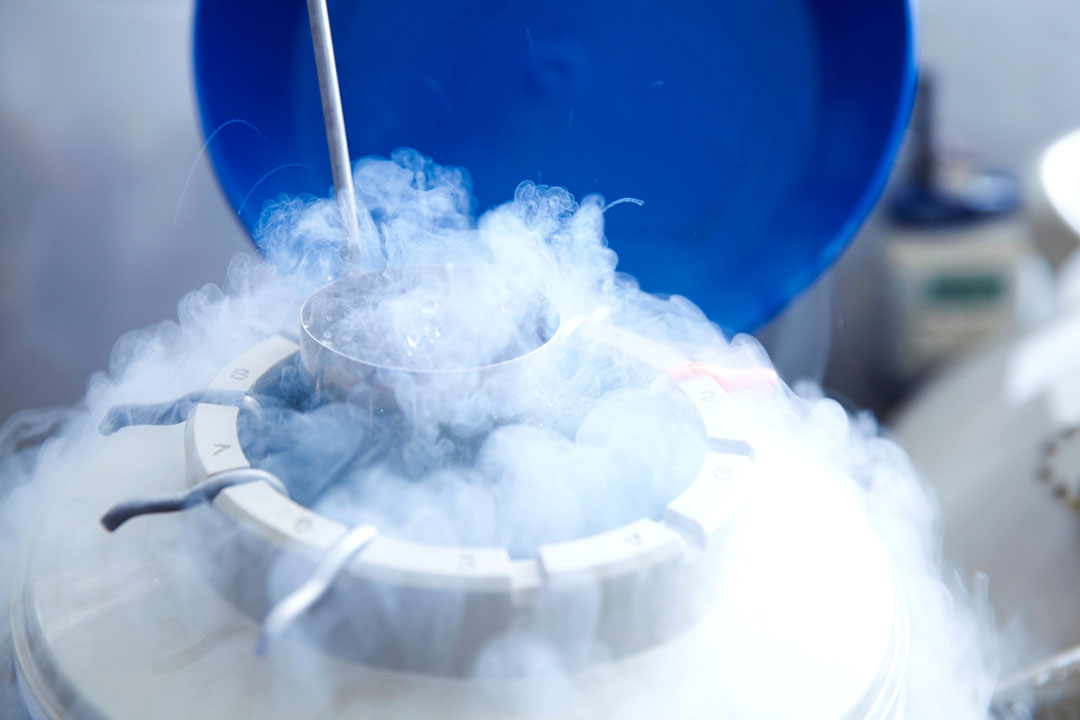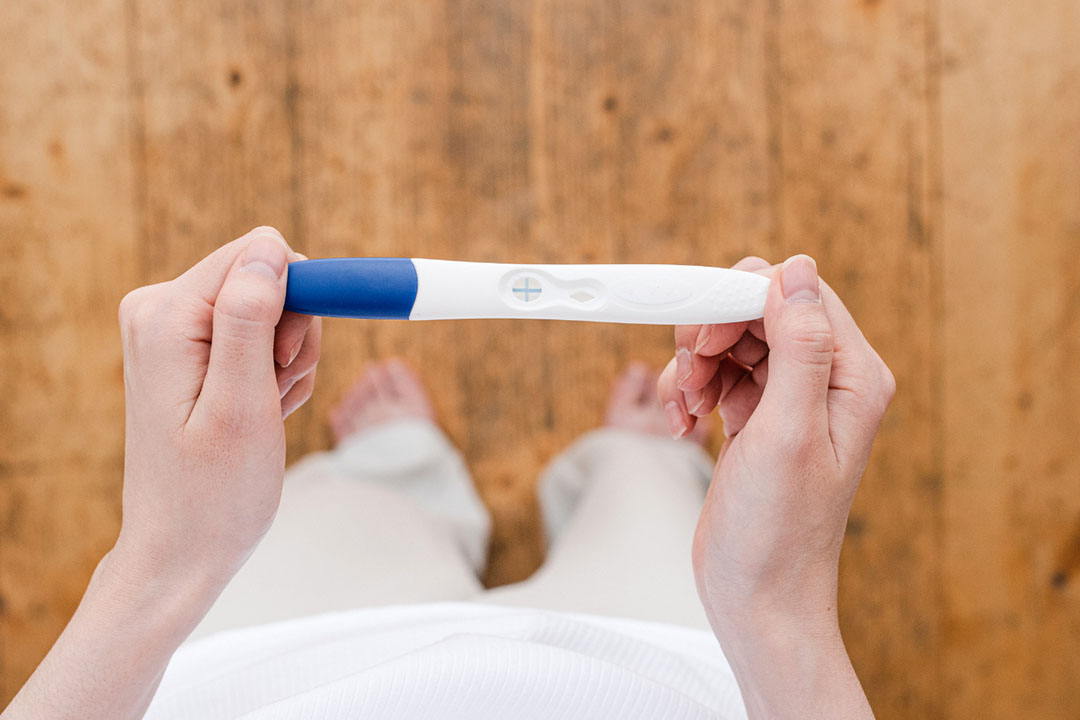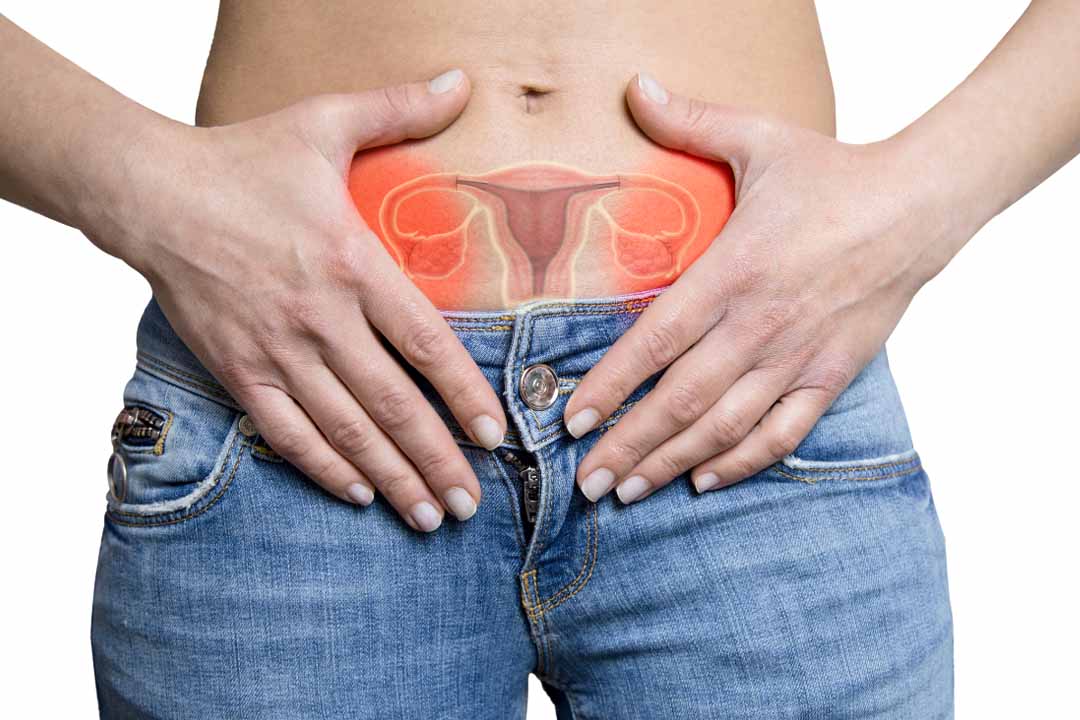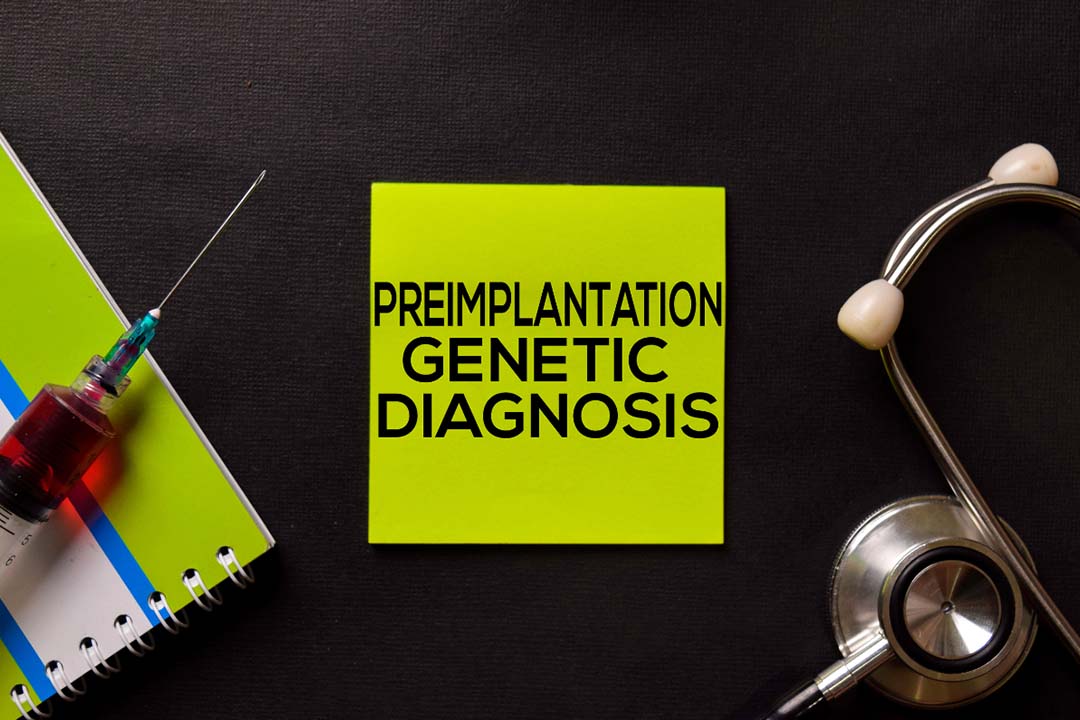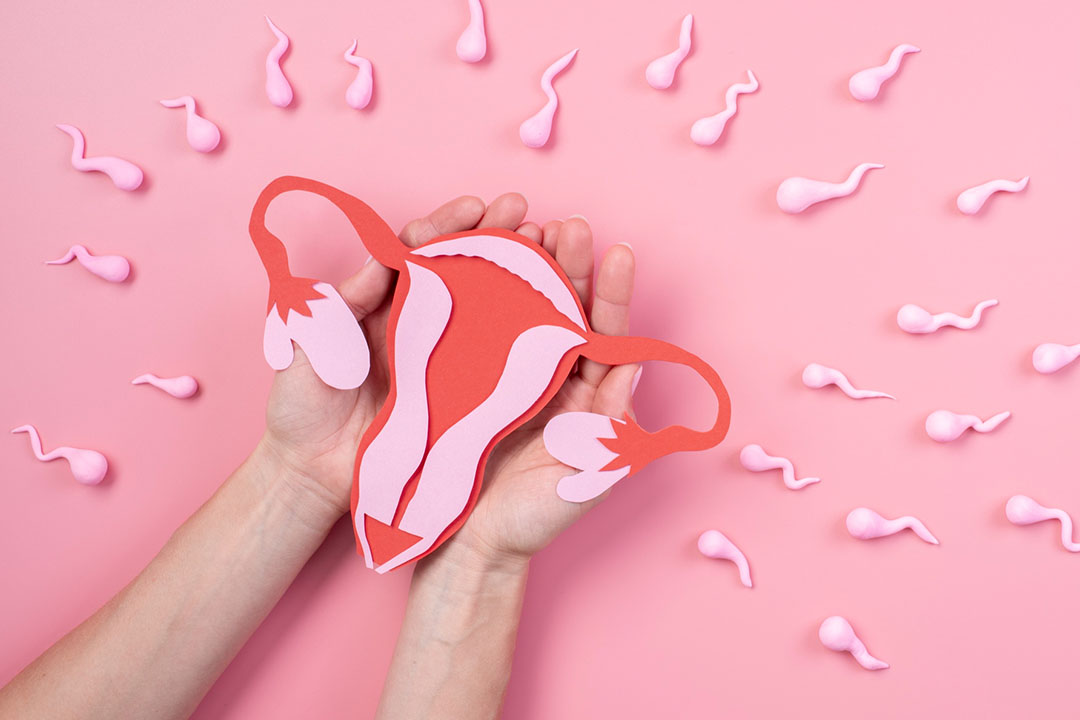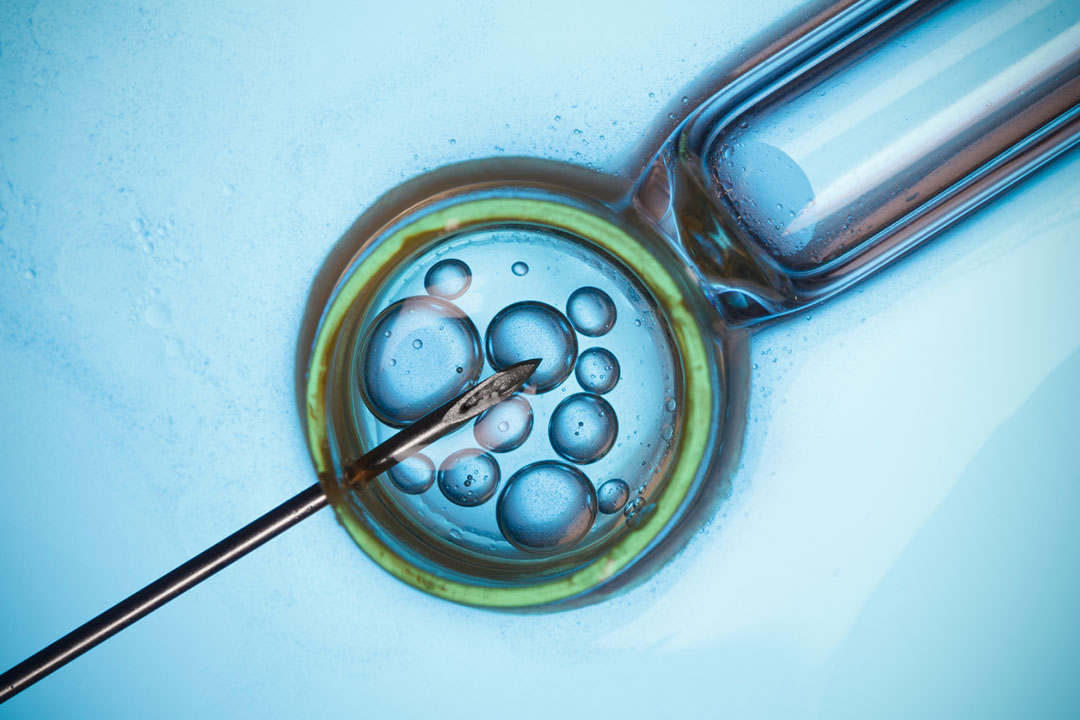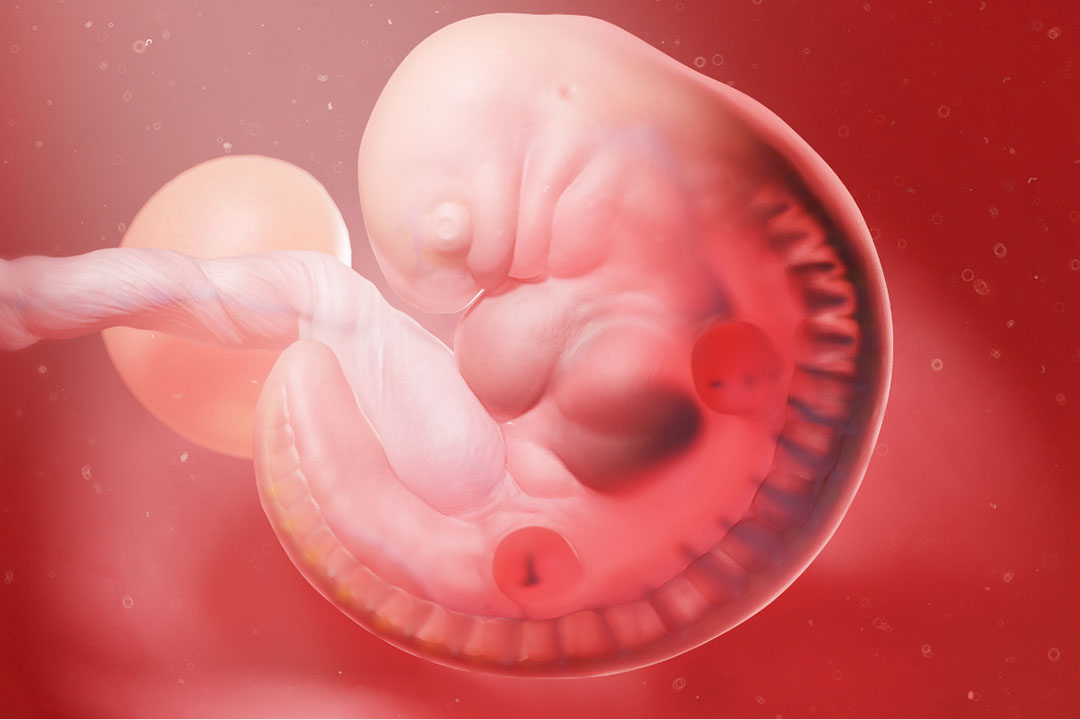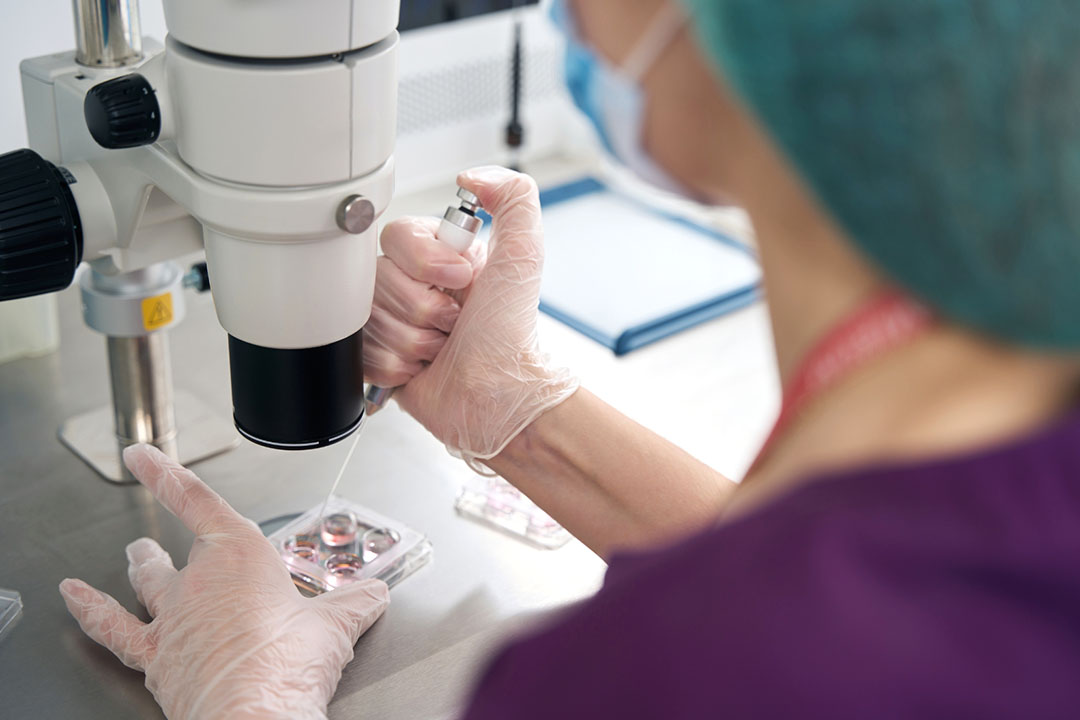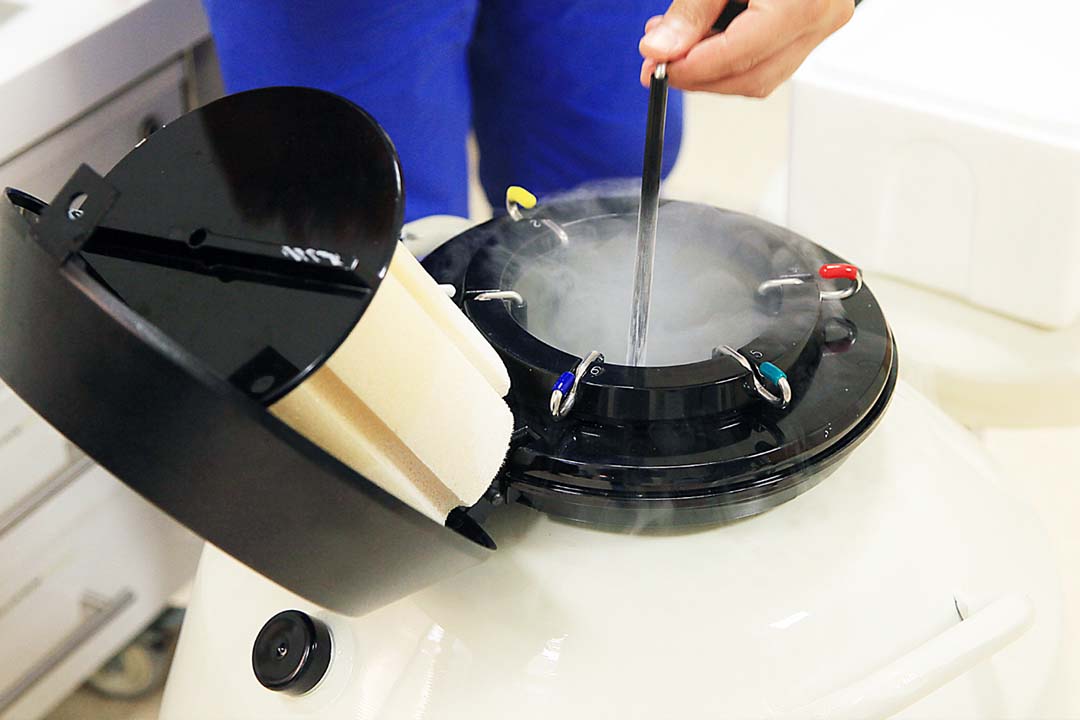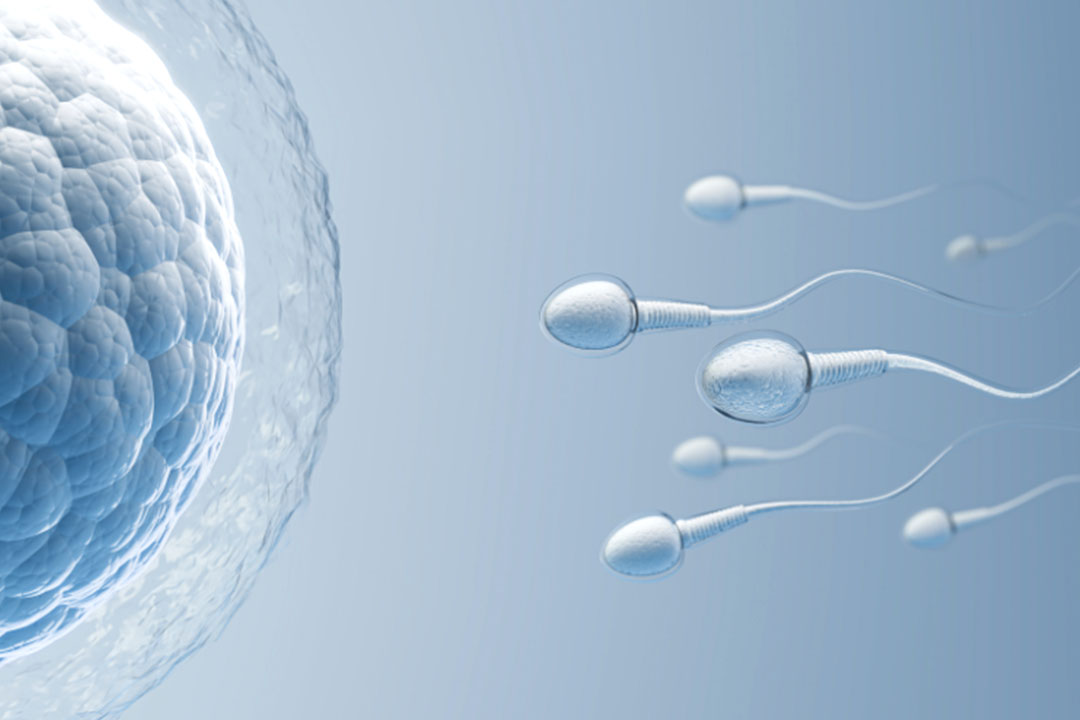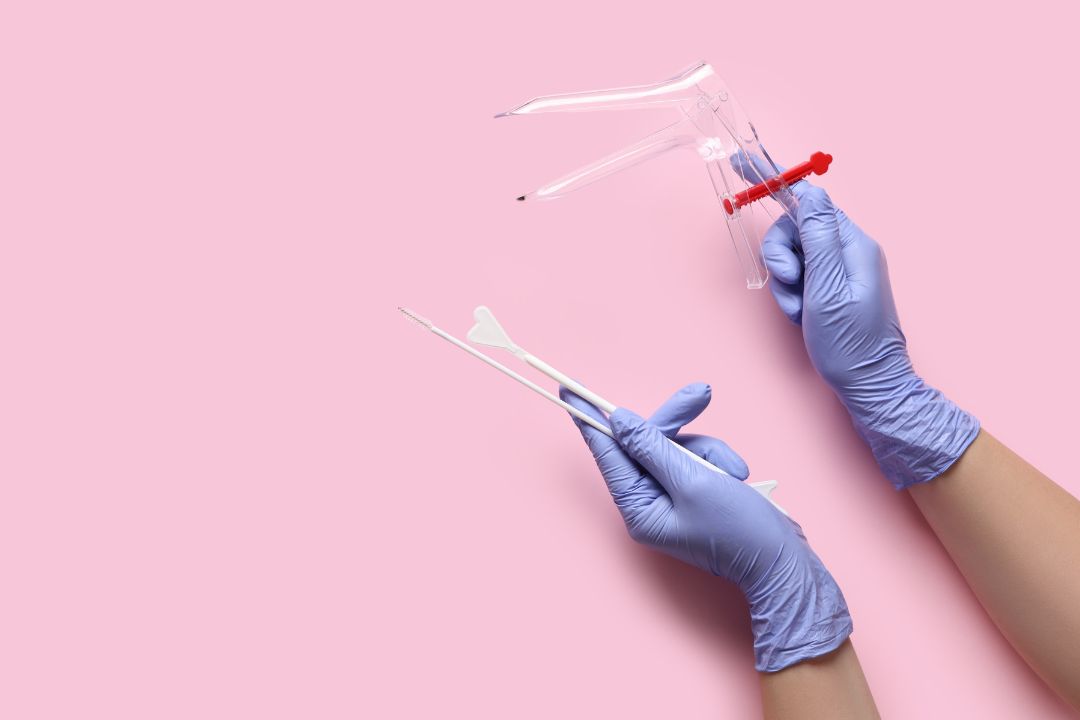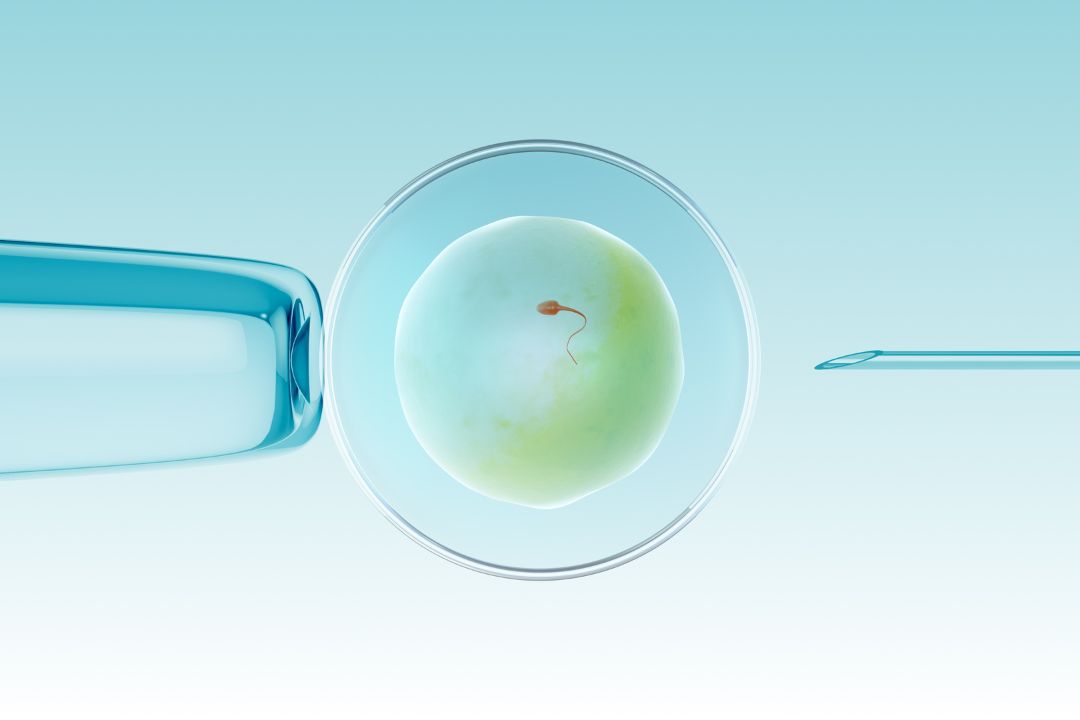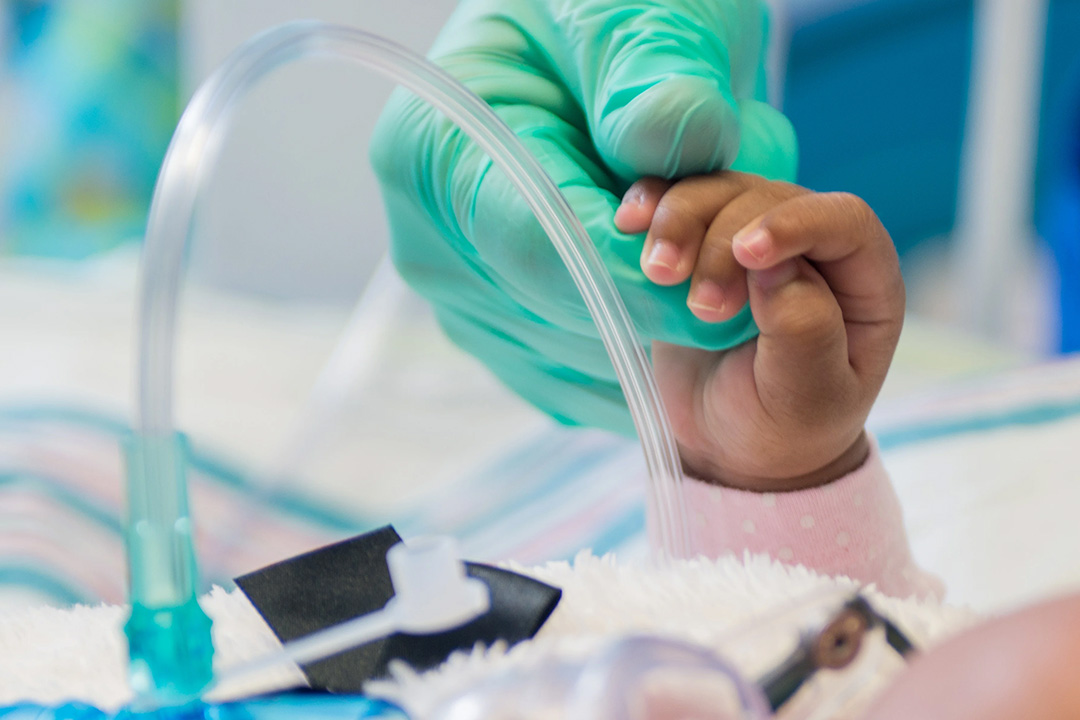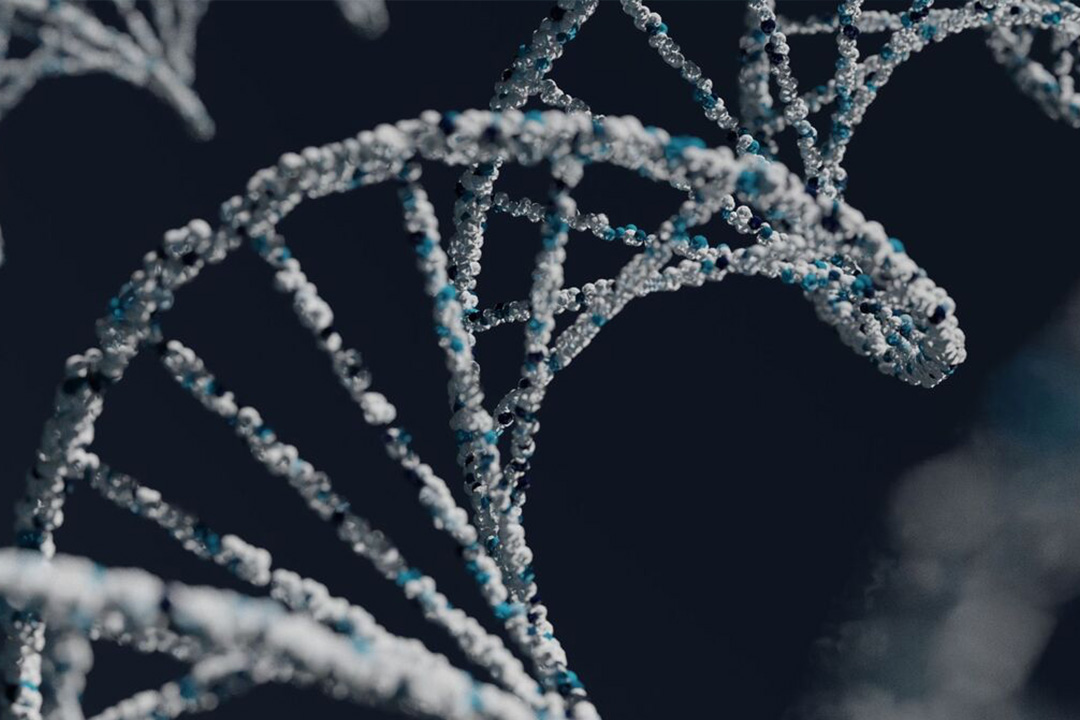Understanding Follicular Studies: Key to Successful Fertility Treatments and IVF
Infertility is a common issue faced by many couples. To understand and manage the issue follicular study can be sought for. The article speaks about the importance of follicular studies with respect to fertility treatments.
What is a Follicular Study?
Follicular Study-as the name suggests, is the study of follicles. This is done using an ultra-sound scan by the doctor.
Through this process, the doctor observes and monitors the growth of the follicle from the beginning of the menstrual cycle till the time it is ready to release an egg.
This process helps in IVF assessment and timing. Knowing when the egg is released helps the couple to increase their chance of pregnancy.
What is the Role of Follicular Studies in Pregnancy?
A follicular study will help increase the chances of pregnancy. It is done by tracking how well a woman’s ovaries are responding during her cycle.
It shows the doctor how many eggs are developing and whether the hormones are at the right levels. The doctor can change the treatment to improve the chances of conception by this tracking.
The study also helps to get the exact time of ovulation, so the doctor can advise when to try for pregnancy or plan treatments like IUI, IVF, ICSI so as to get better success rates.
How is Follicular Study Done Using Sonography?
The procedure is a simple one as described below,
- The surgeon may ask for an abdominal or transvaginal ultrasound. However, the latter is said to give more accurate results.
- Before the scan the person is asked to empty her bladder so as to not interfere with the results.
- The female is asked to lie down on her back with legs up and bent.
- An ultrasonologist inserts a probe into the vaginal canal.
- This helps to get the images of the ovaries and follicles for the doctor to study.
What Should be the Egg Size in Follicular Study?
When speaking of fertility, the size of the follicle matters. A mature follicle measures anywhere between 18mm to 24mm. Having a size in this range helps to increase the chances of pregnancy. At this stage, the follicle releases a viable egg.
What Should be the Size of Endometrial Thickness (ET) in Follicular Study?
Endometrial thickness is crucial for pregnancy. The inner lining of the woman’s uterus is known as endometrium. This endometrium lining keeps changing in thickness every month with respect to the menstrual cycle and hormones. An endometrial thickness of 8mm-10mm is necessary for a successful pregnancy in a follicular study.
What are the Different Types of Follicular Scans?
Follicular scans are done at various intervals based on which they are classified as follows
- Baseline Scan: This scan is done on the first to third day of a female’s periods. It is the first scan and helps to check the size and condition of the ovaries. During this scan, the small resting follicles (pre-antral follicles) are counted. This helps to assess the egg reserve and also gives an idea about the health of the uterine lining.
- Serial Scans: It is performed every 2-3 days after the baseline scan. These scans help to track how the follicles (which contain eggs) are growing and developing. During this, the doctor monitors the progress to see when the follicles are ready for ovulation.
- Rupture Scan: This final scan happens around the time of ovulation. Here, the doctor checks if the dominant follicle (the one that will release the egg) has disappeared, indicating that ovulation has possibly occurred. The scan also looks for fluid in the ovary, which is another sign of ovulation.
What is Done After the Follicular Study?
After the follicular study, usually three different types of treatments can be opted for as follows
IVF-Invitro Fertilization
This procedure involves collecting a female’s eggs and fertilizing them with the sperms of a male in a laboratory setup. The embryo thus formed is implanted into the uterus of the female. Women who have blockages in their fallopian tube are advised to have an
IVF.
IUI-Intrauterine Insemination
IUI is a treatment opted by women who are in the age group of 35-40 years when natural conception is not possible. Here, the healthy sperms are collected from the male’s semen by washing and separating the low-quality sperms.
These sperms are placed directly into the uterus of the female during the ovulation period. People who have mild male infertility, semen allergy, cervical issues are recommended to go for this.
ISCI-Intracytoplasmic Sperm Injection
This procedure to similar to IVF except that only a single sperm is injected directly into the cytoplasm of the egg. When people have low sperm count, abnormal sperms, ejaculation problem they can get an ISCI.
Does Follicular Study Confirm Pregnancy?
Although a follicular study helps to monitor the follicles and talks about the time of ovulation which is a crucial piece for pregnancy, it does not confirm pregnancy.
What is the Success Rate of Follicular Studies?
Follicular studies help a couple in conceiving by tracking the ovulation period. However, it should be remembered that the success rate of follicular studies is just 10%. It depends on various factors such as age, hormonal factors etc. A woman of the age 30 years will have higher chances of being pregnant than a woman of 40 years.
What are the Different Types of Ultrasounds for Follicular Study?
Follicular studies are conducted using different types of ultra-sound scans, some of the commonly used ultra-sound scans are given below
2D Real-Time Ultrasound (2D-US)
This type of ultra-sound uses a live ultrasound scan to observe and count the follicles in the ovaries. The doctor adjusts the settings for having a good view and counts follicles one by one.
This method completely depends on the skill of the operator and can lead to confusions in the number of follicles.
3D Manual Ultrasound
3D Manual Ultrasound helps to get a 3D view of the ovaries, which allows the doctor to see follicles from different angles.
It is considered to be more accurate than 2D since multiple planes are used, making it easier to spot and count follicles.
SonoAVC (Sono Automated Volume Calculation)
This is an advanced method that automatically counts and measures follicles in 3D images. Due to its automated nature, the process is fast and quite accurate.
What are the Challenges with Respect to Follicular Studies?
Follicular study is a safe and minimally invasive procedure. However, some of the possible side effects are as follows.
- Mild discomfort: During the transvaginal ultrasound, some women may feel slight discomfort which goes down in a short period of time.
- Infection: If the procedure is not done in a sterile manner, there is risk of infection. It should be noted that infections are very rare as sterility is maintained by the clinics.
Why Choose Aksigen a Follicular Study?
By taking care of both physical and emotional well-being, the IVF process can be made more comfortable and less stressful.
Aksigen IVF, believes the journey to parenthood is personal, and supports at every step of the way.
They specialize in gentle, minimally invasive IVF techniques that focus on both physical and emotional well-being. The team offers personalised care using the latest advancements in fertility science.
With a team of leading gynaecologists and fertility experts, individualised treatment plans are designed based on the latest research. Honest pricing with no hidden costs, is ensured by the clinic.
References

About Us
AKsigen IVF is a premier center for advanced fertility treatments, with renowned fertility experts on our team. Specializing in IVF, ICSI, egg freezing, and other cutting-edge reproductive technologies, AKsigen IVF is committed to helping couples achieve their dream of parenthood. With personalized care and a patient-first approach, AKsigen IVF provides comprehensive fertility solutions under one roof.



























